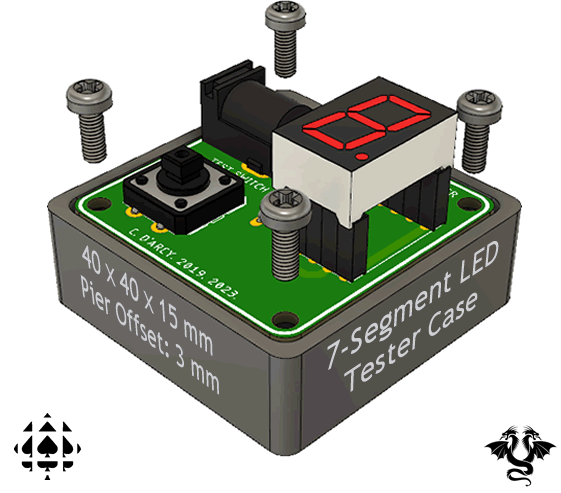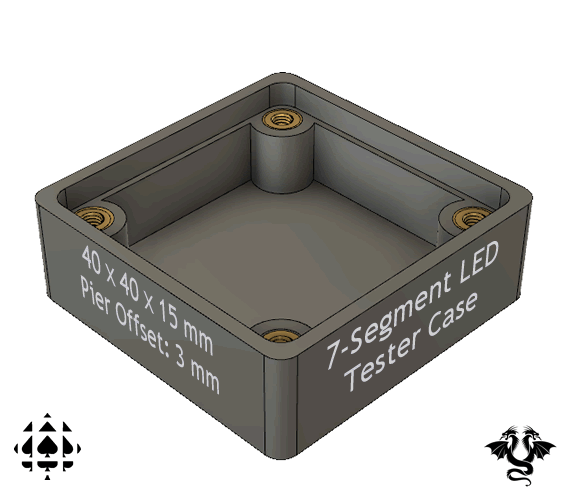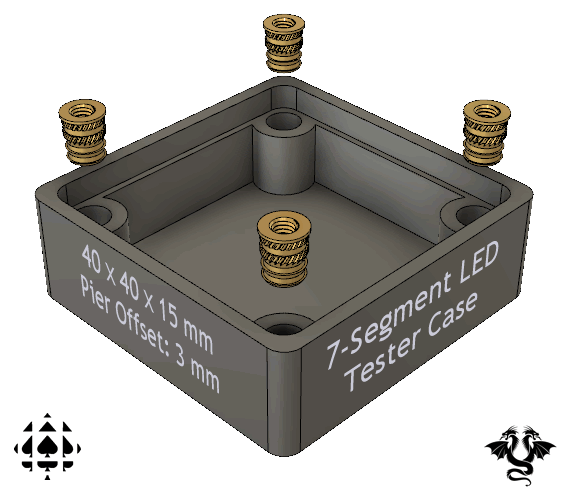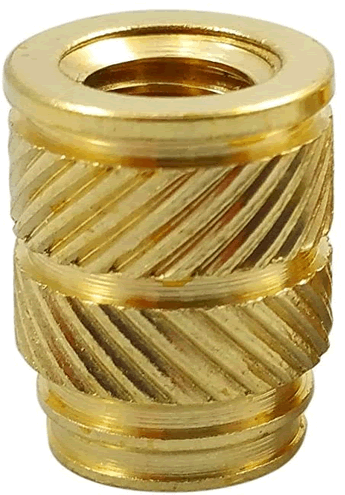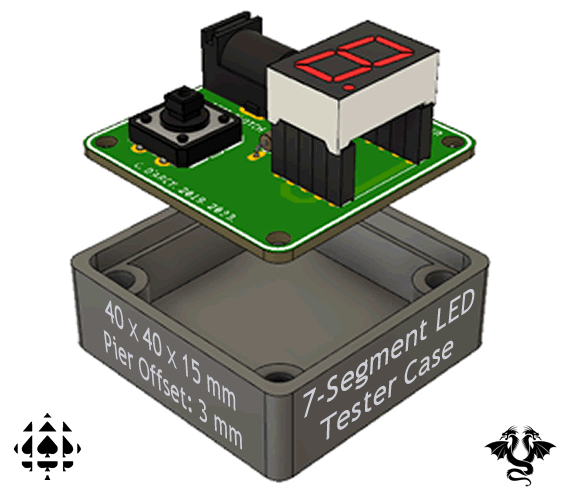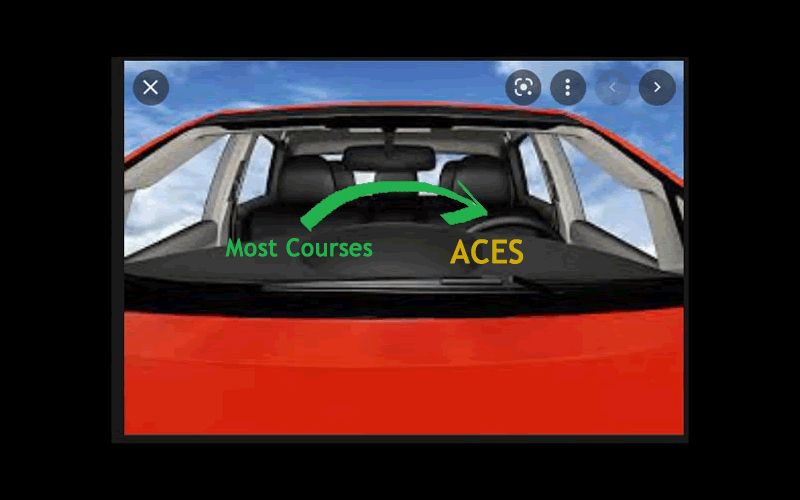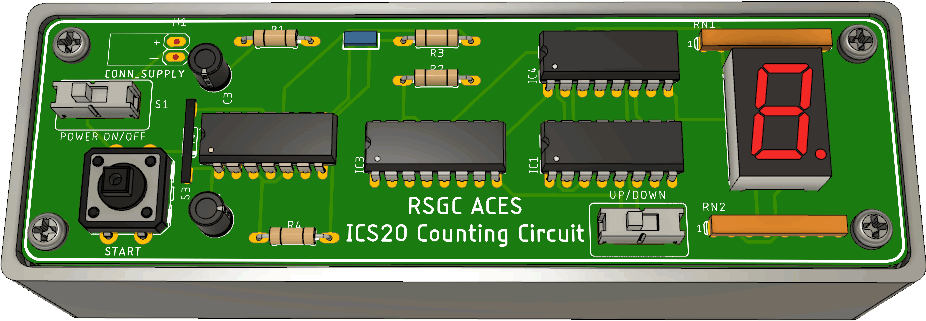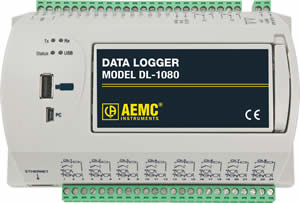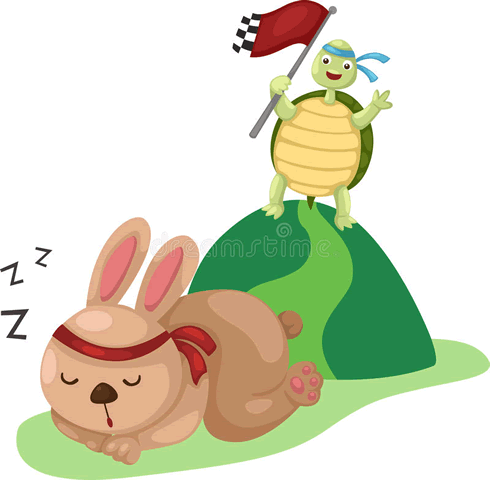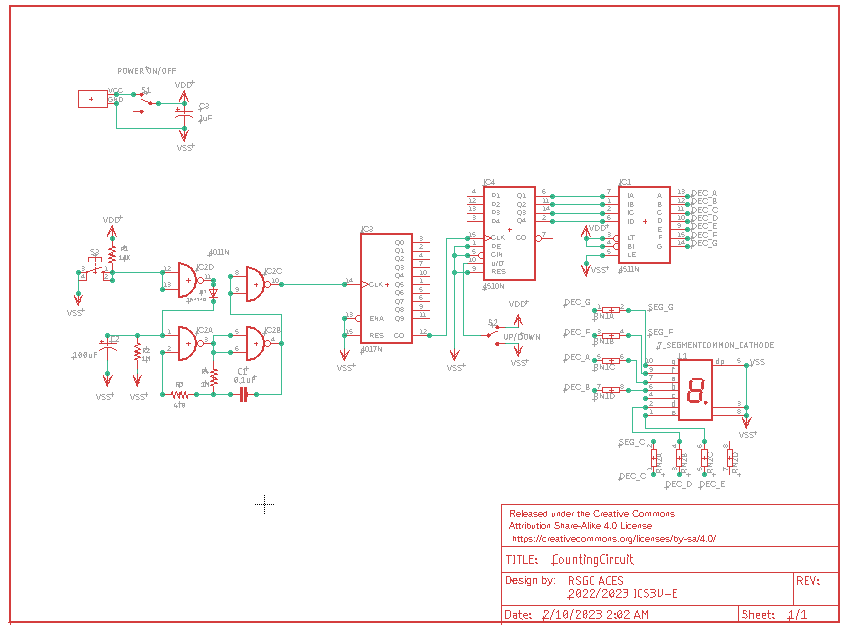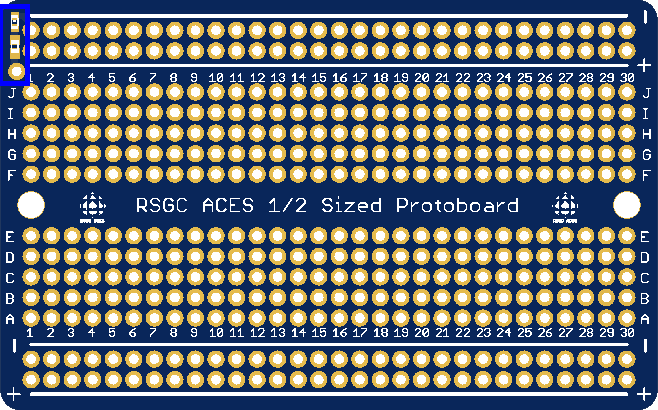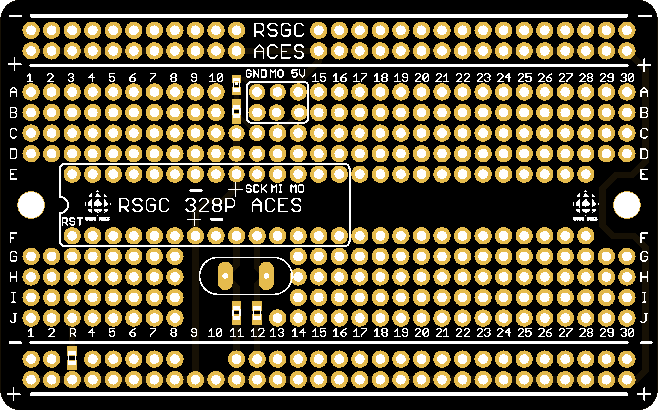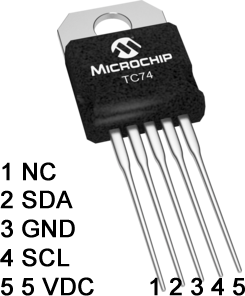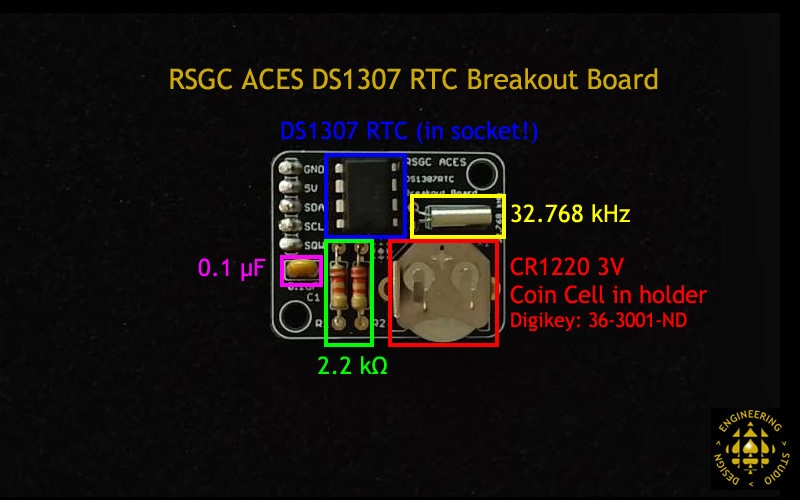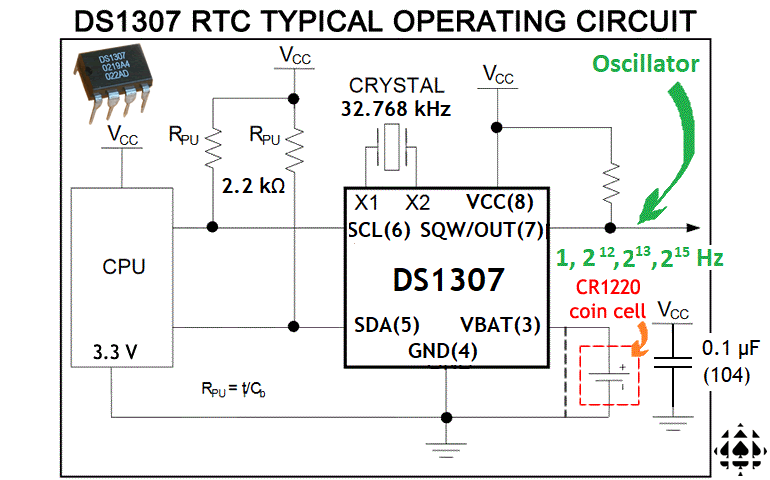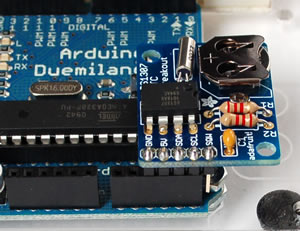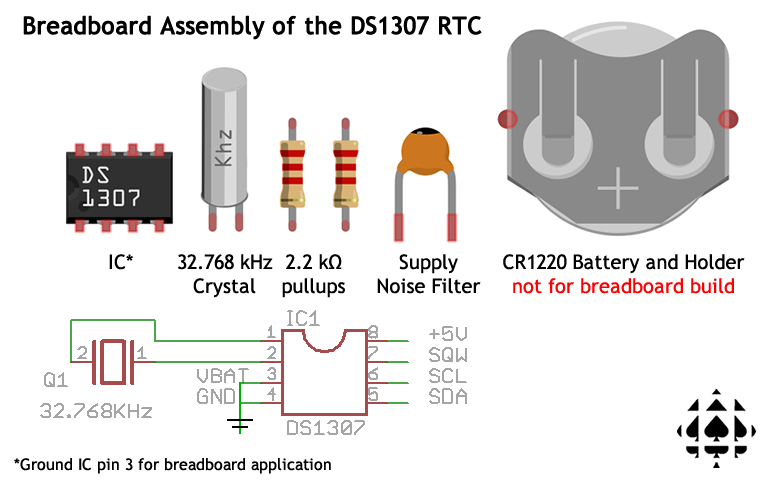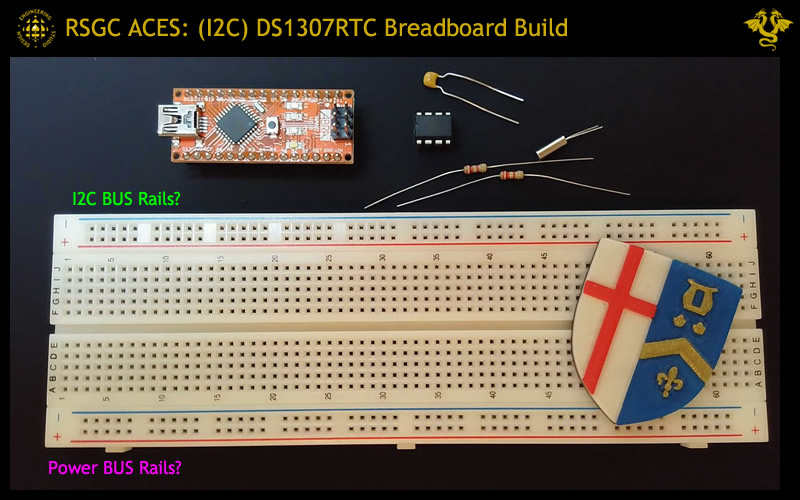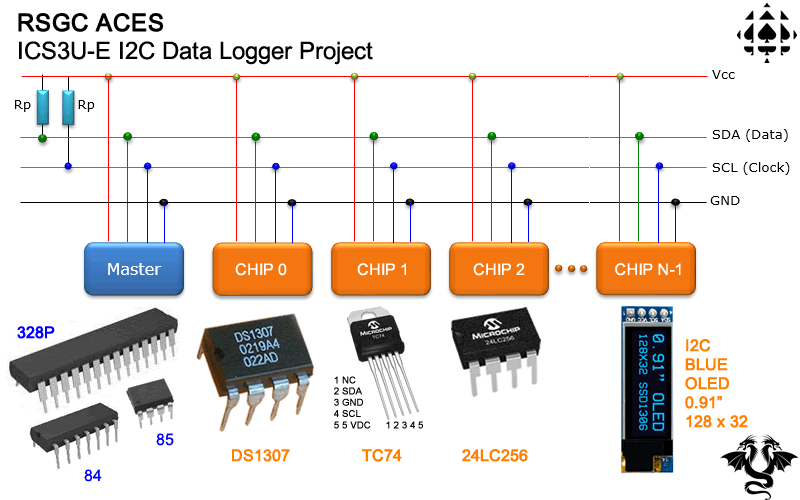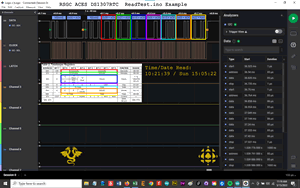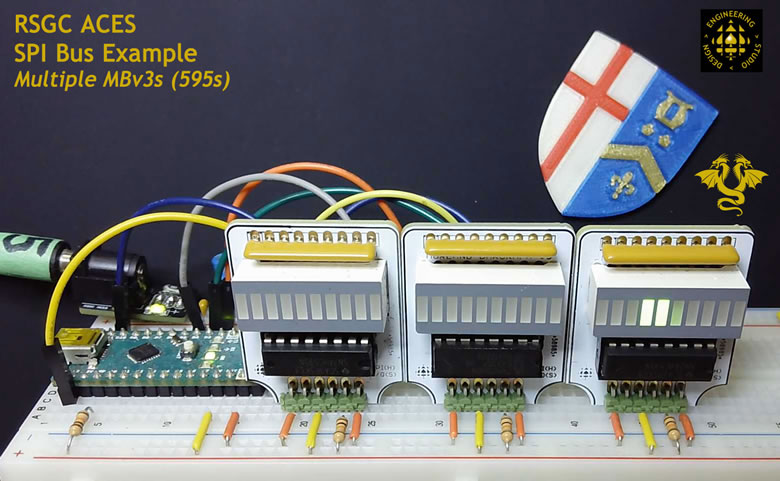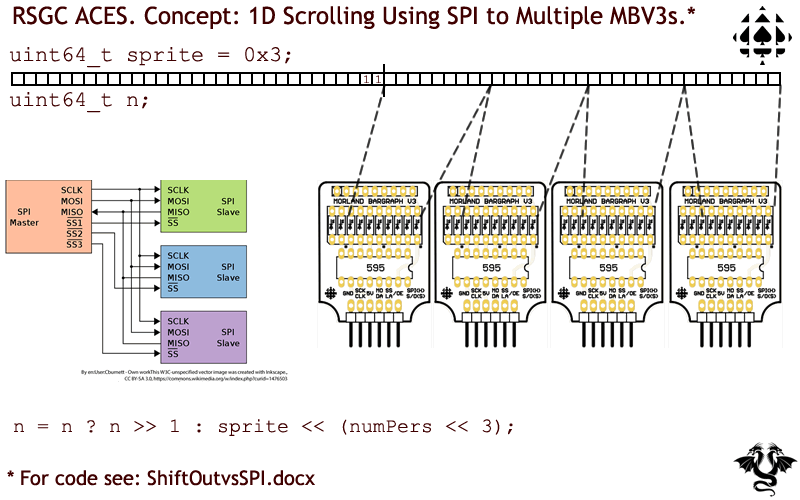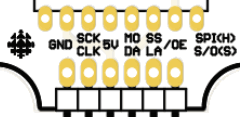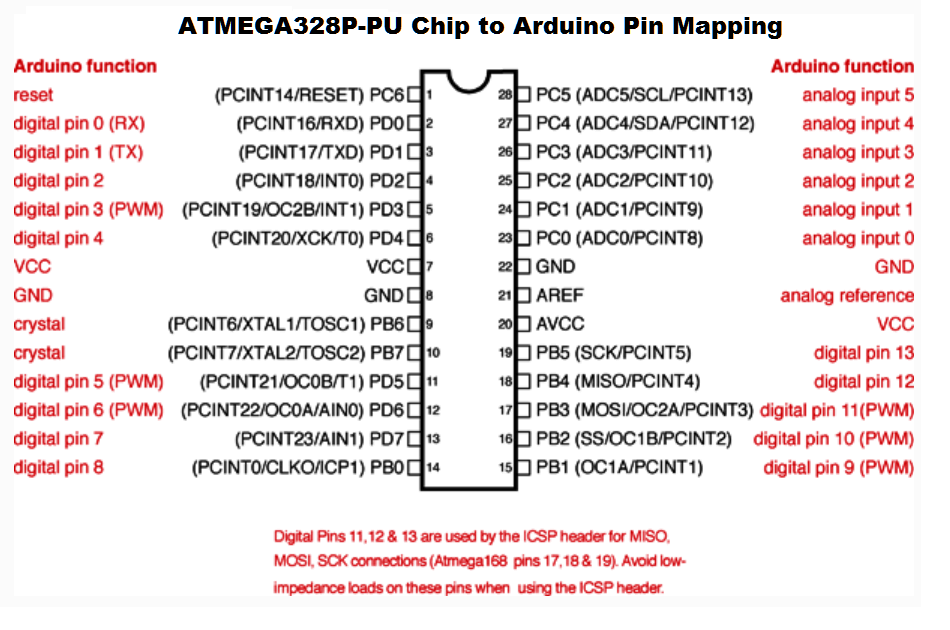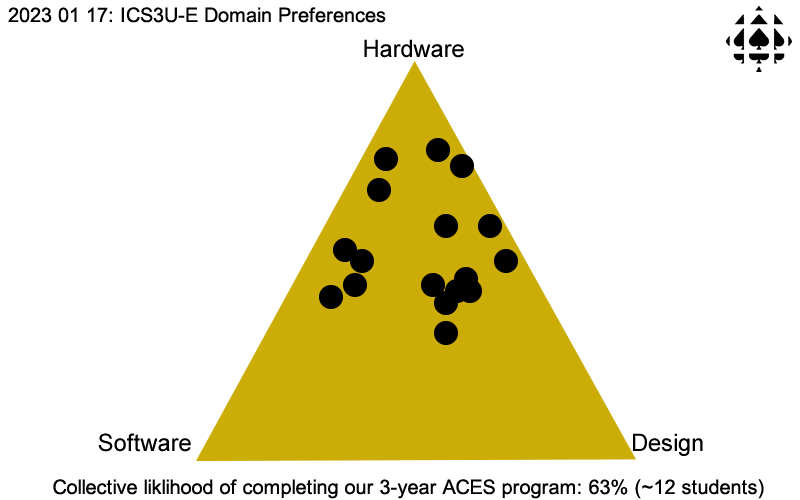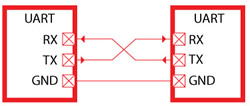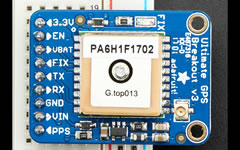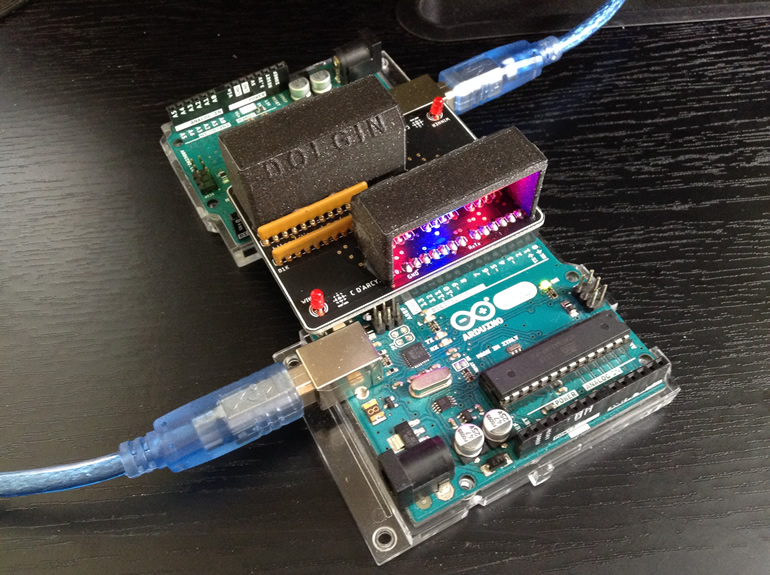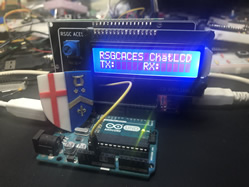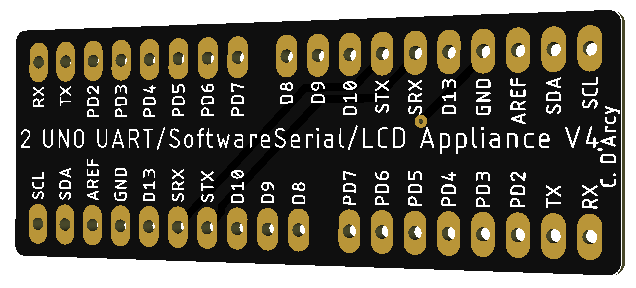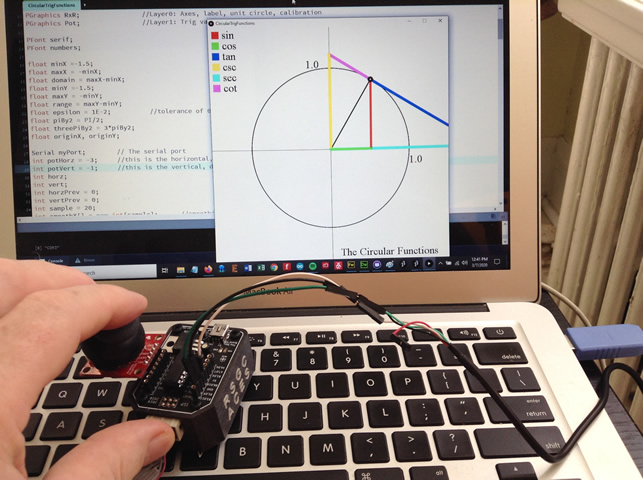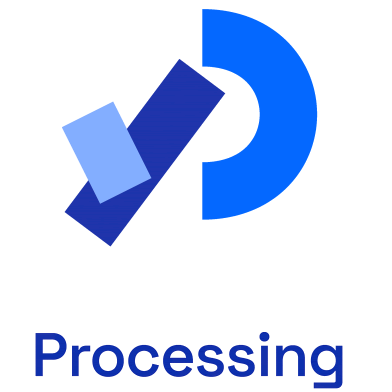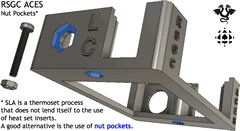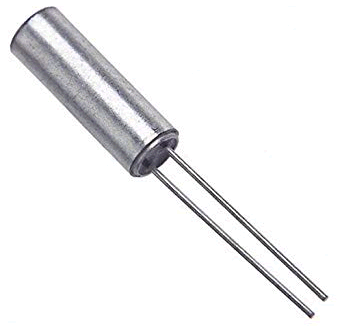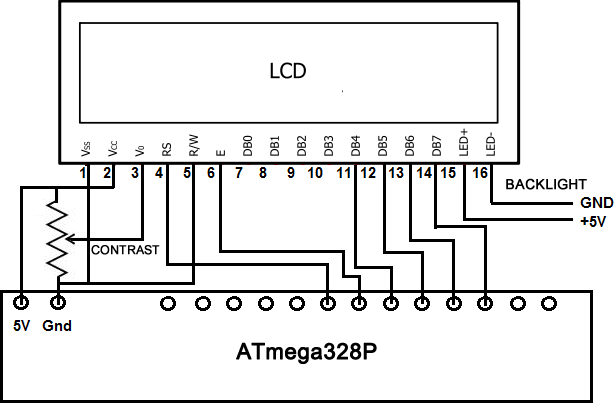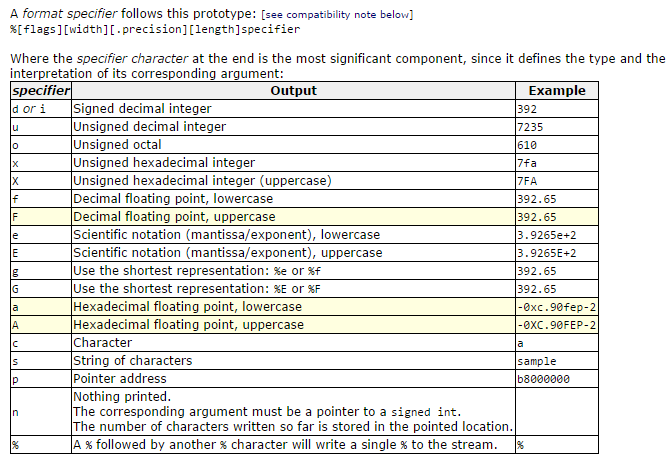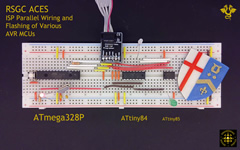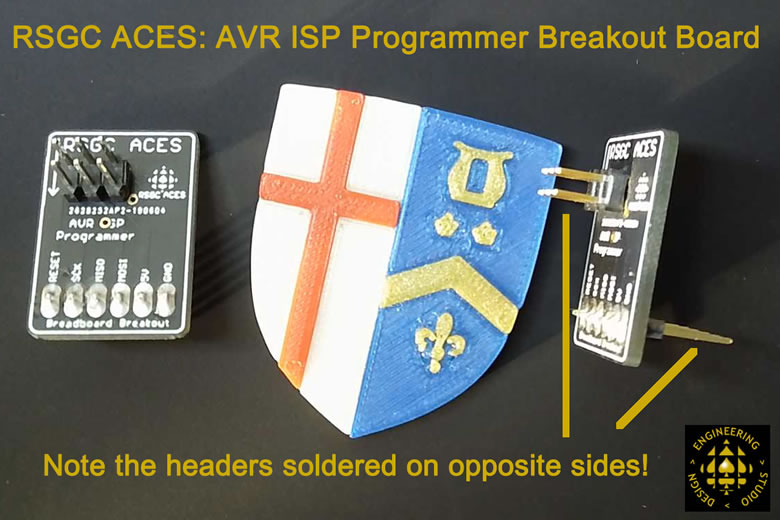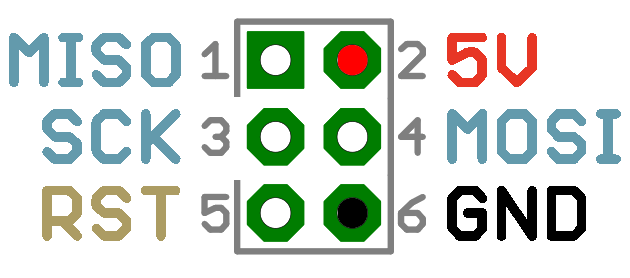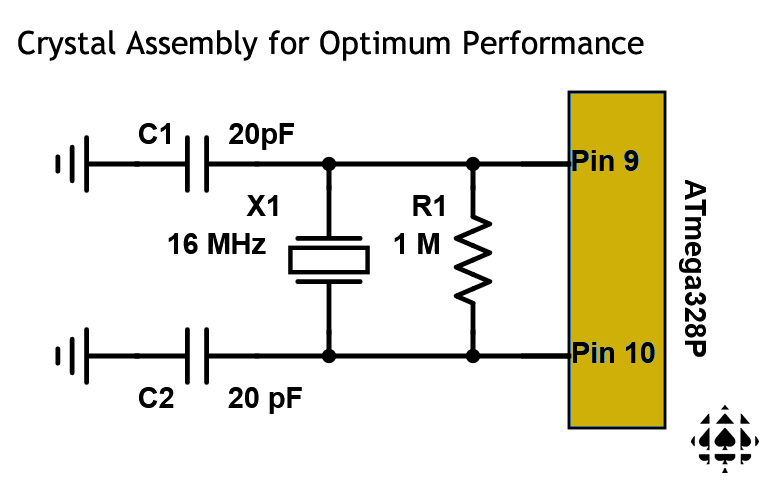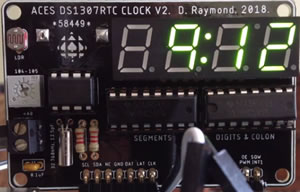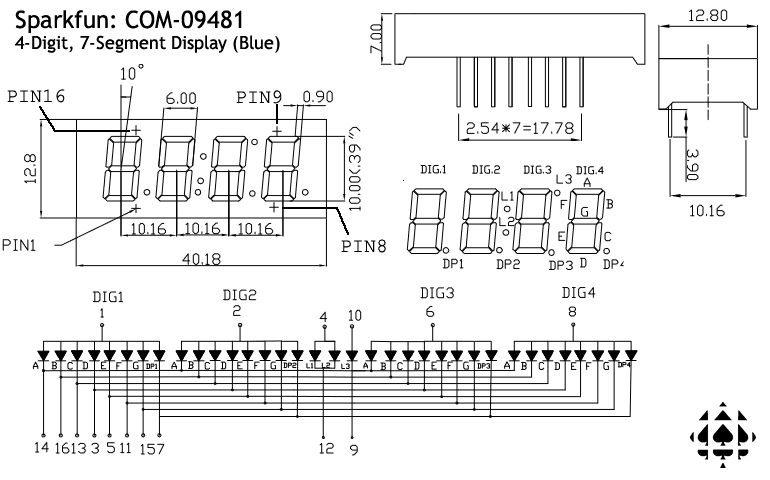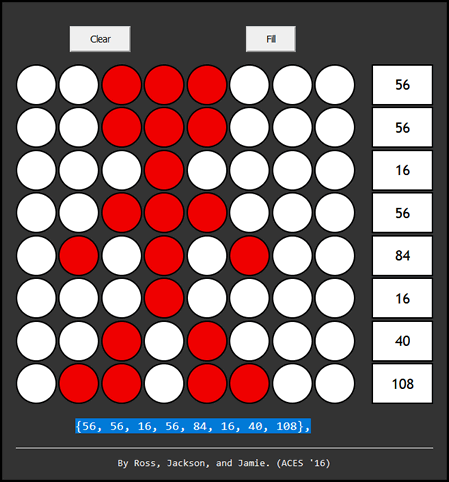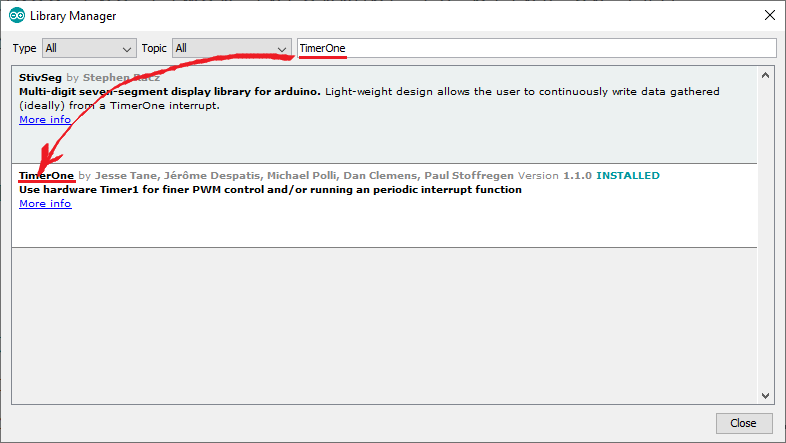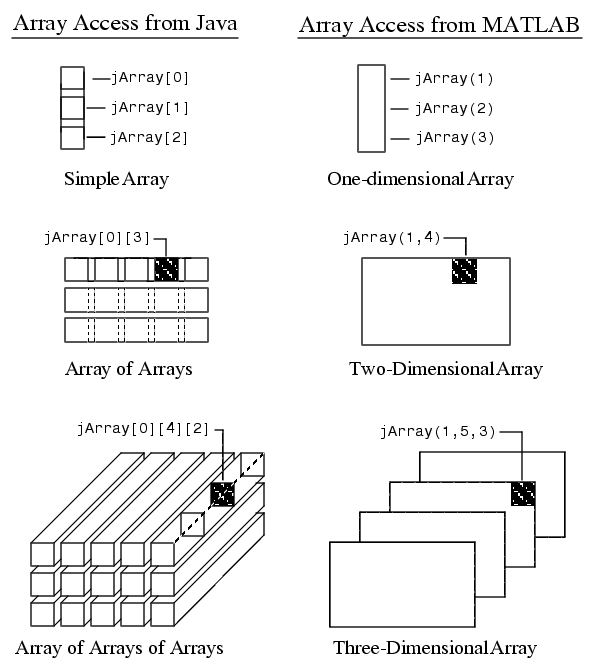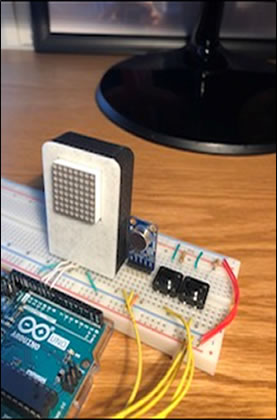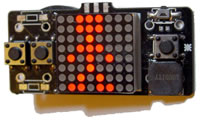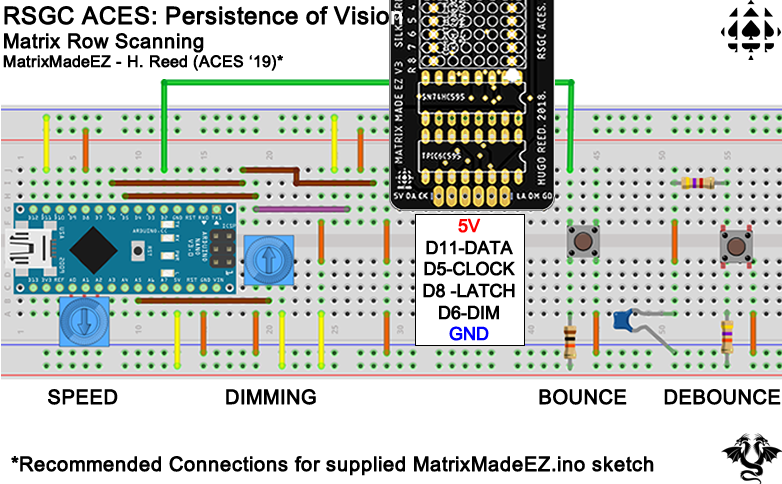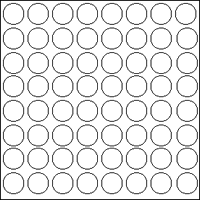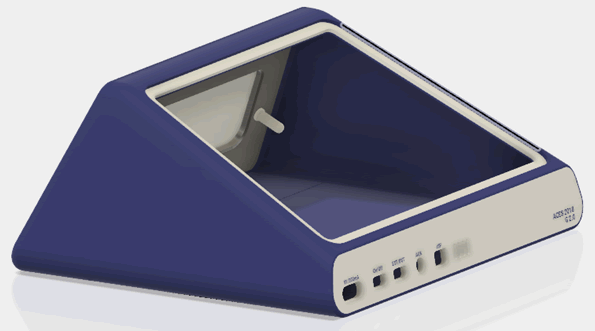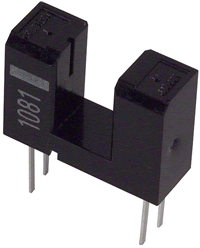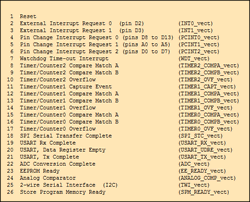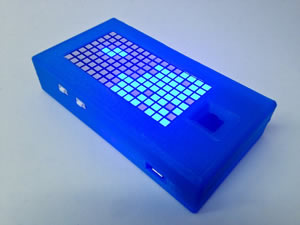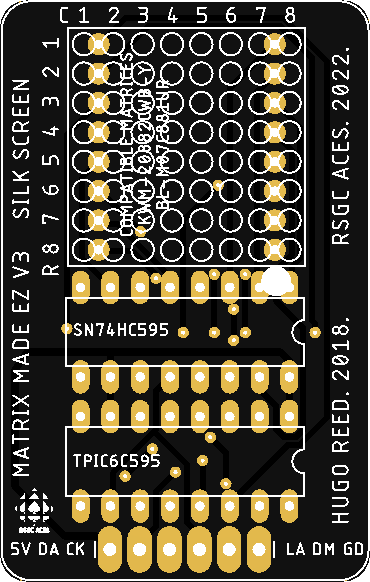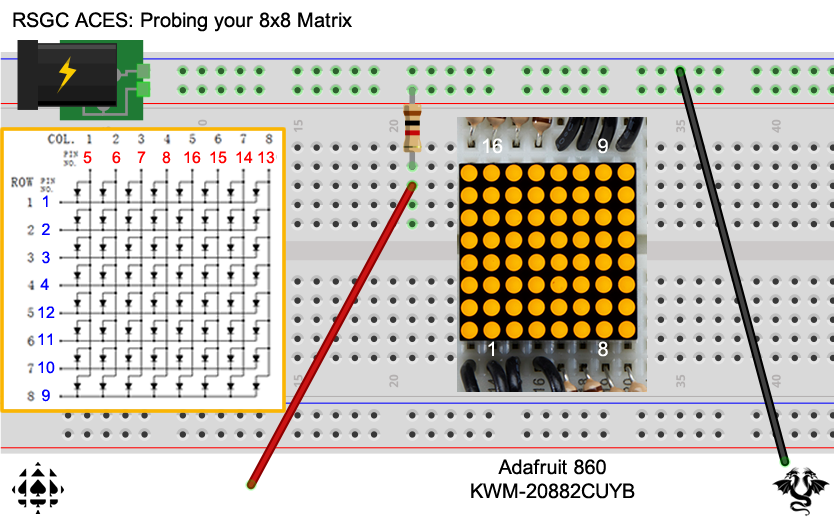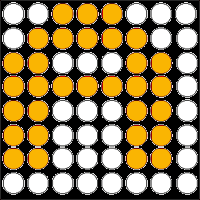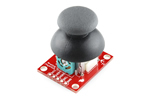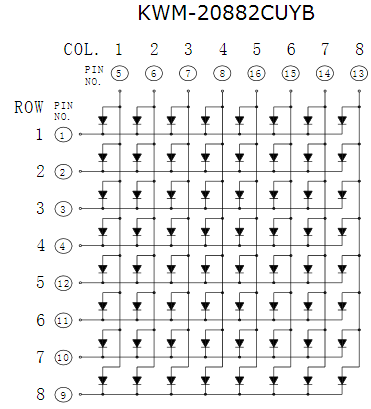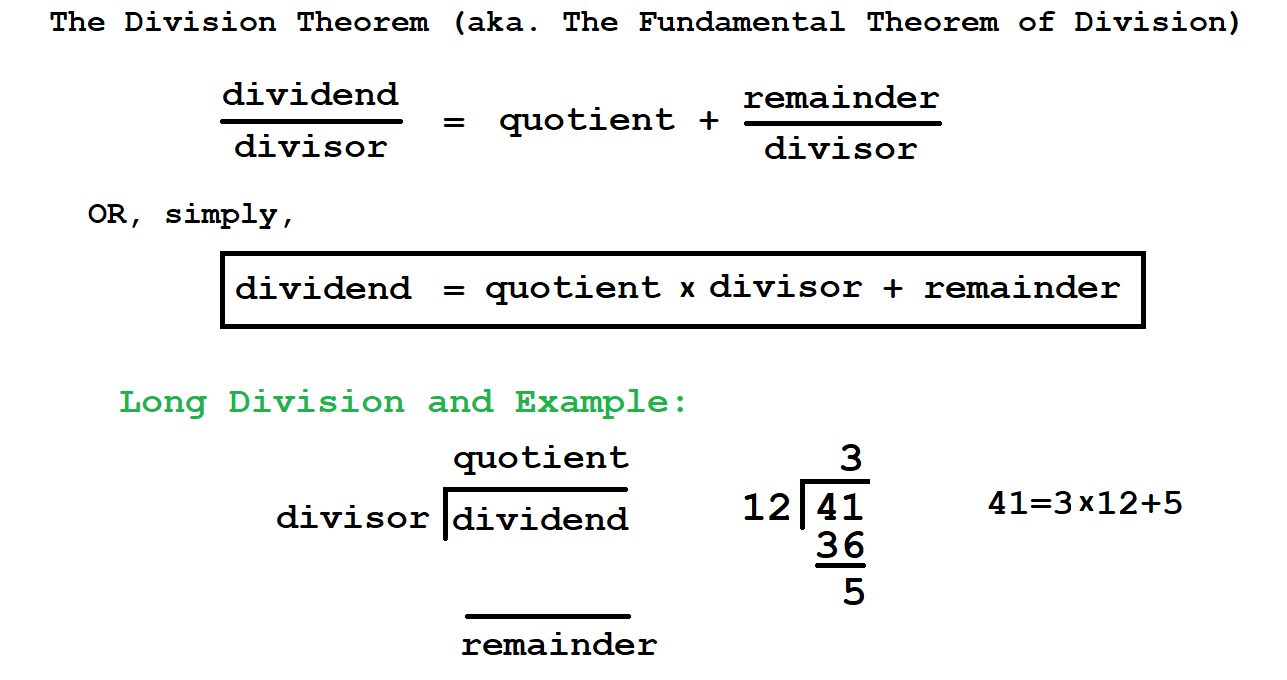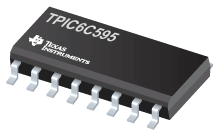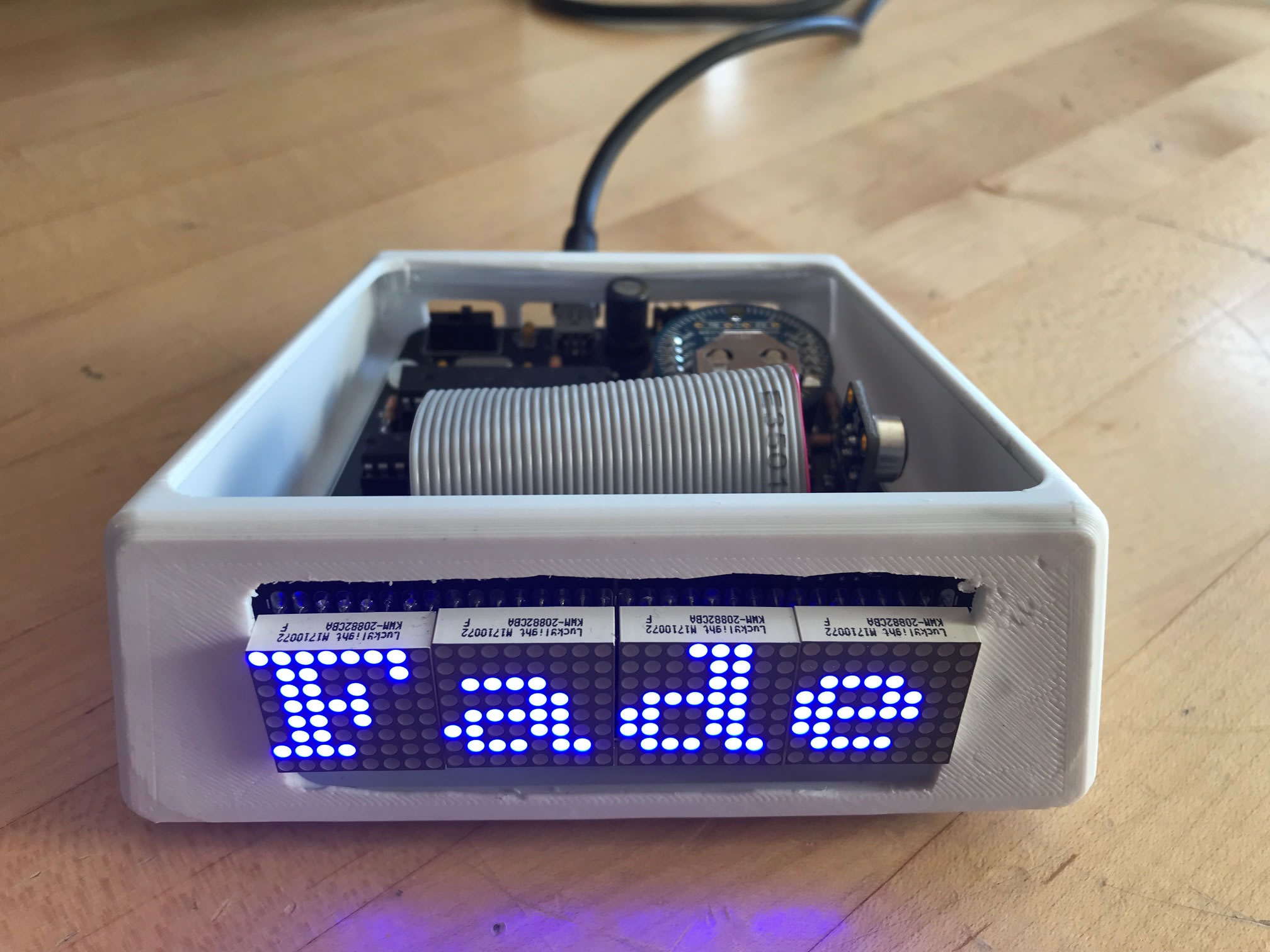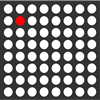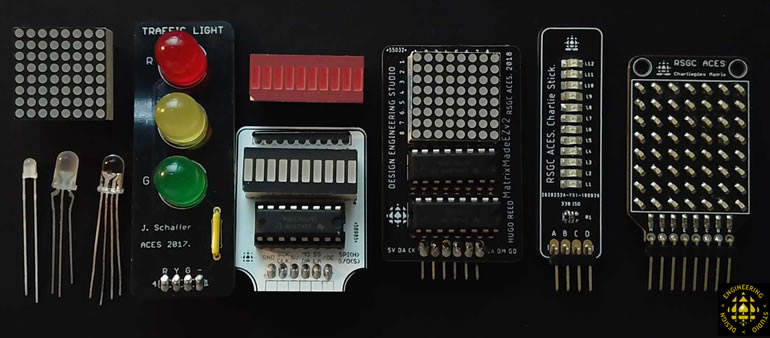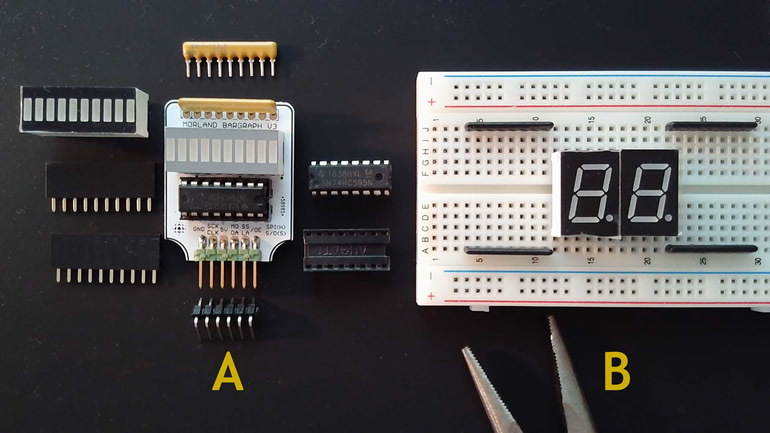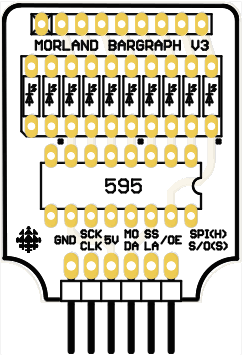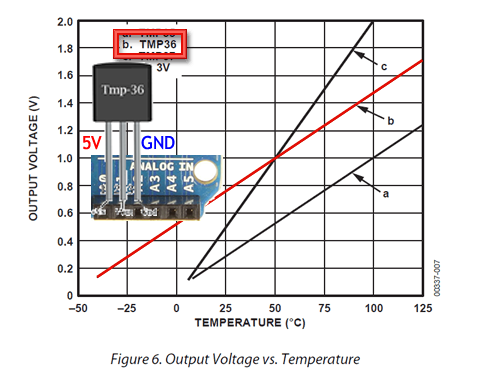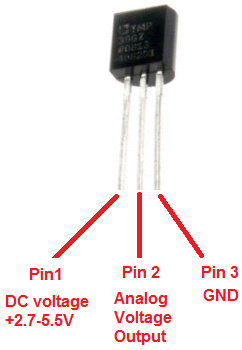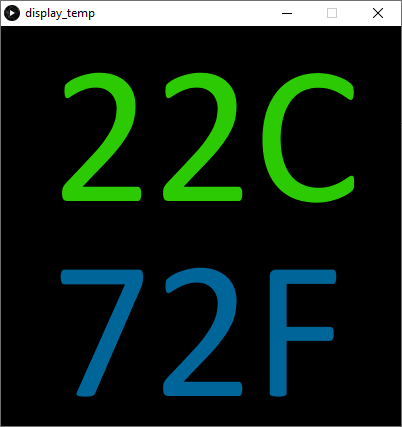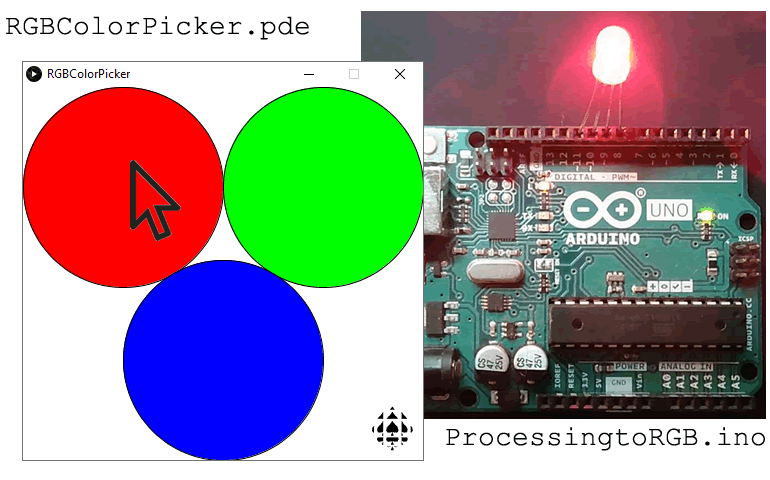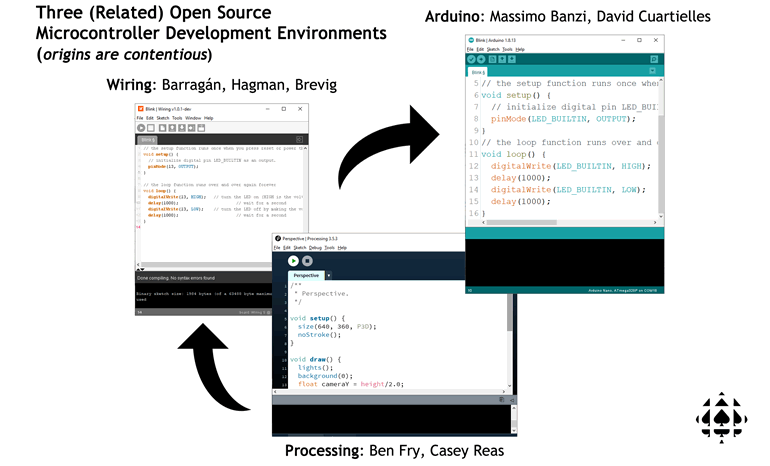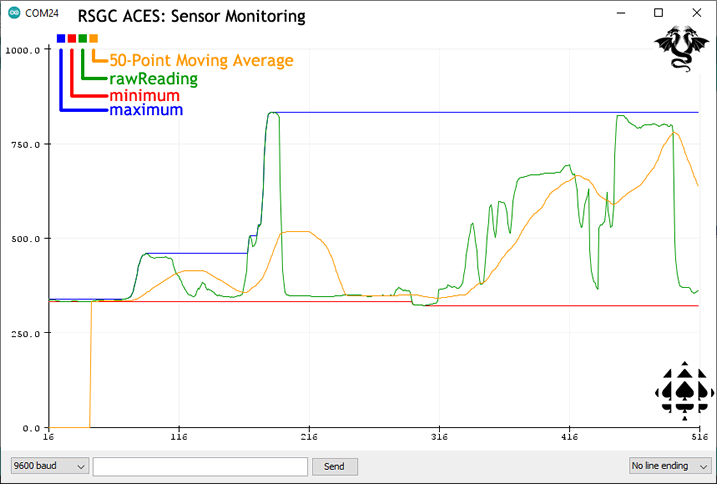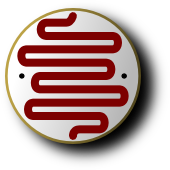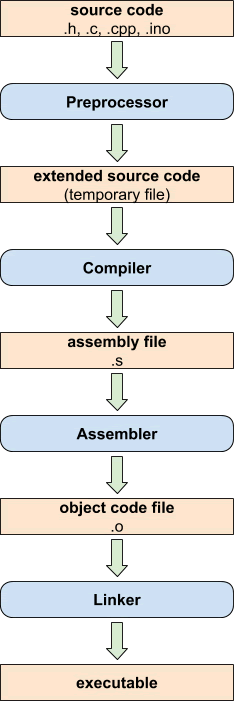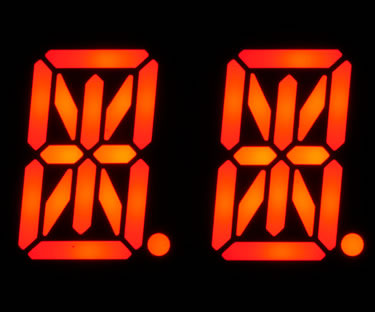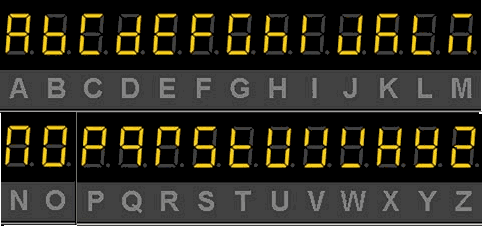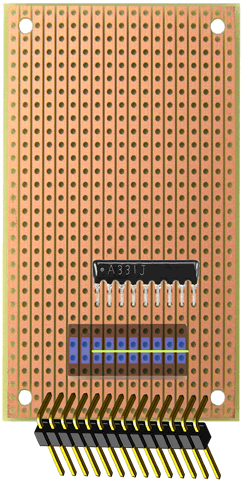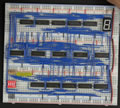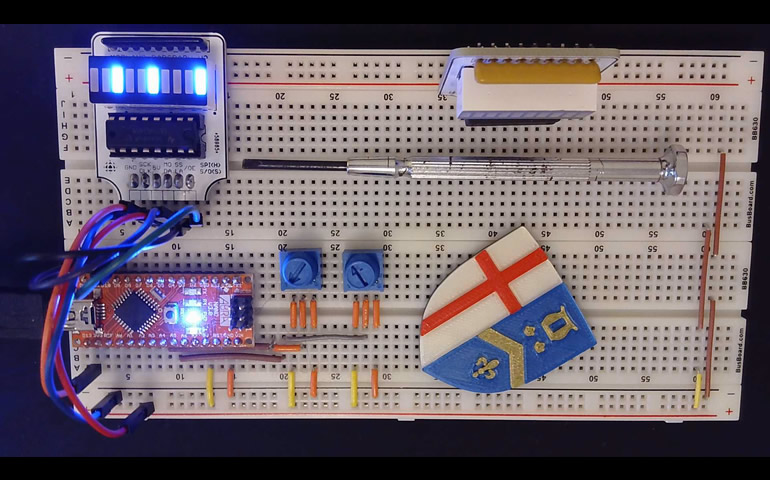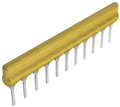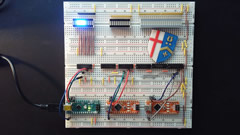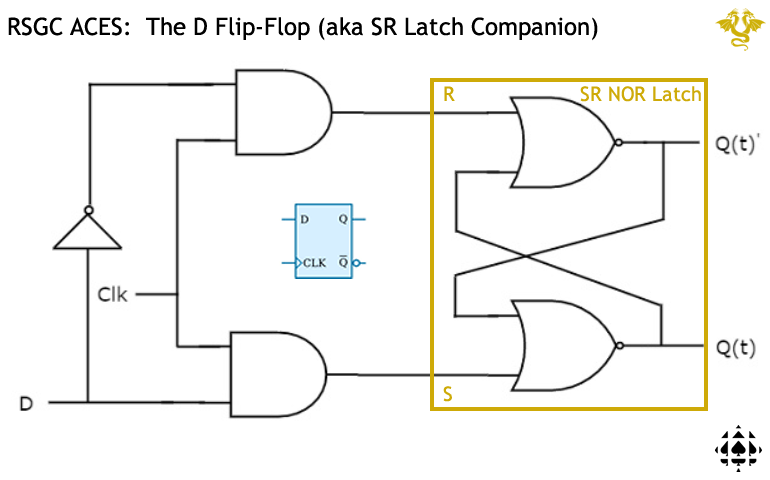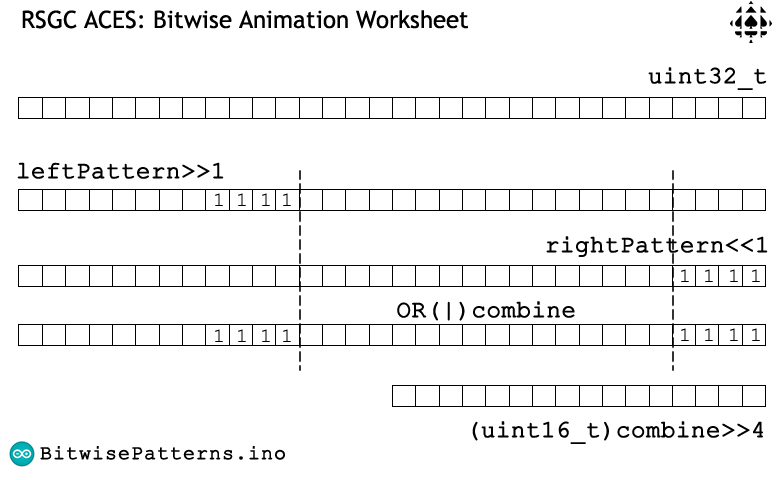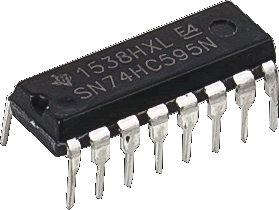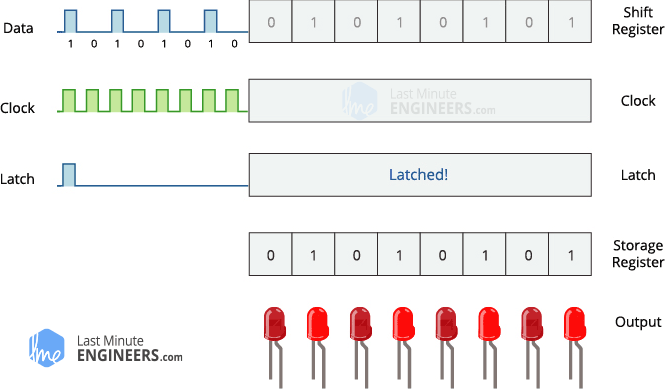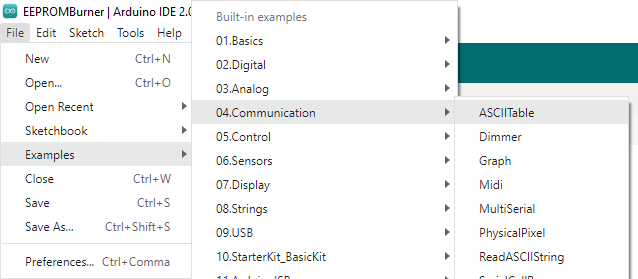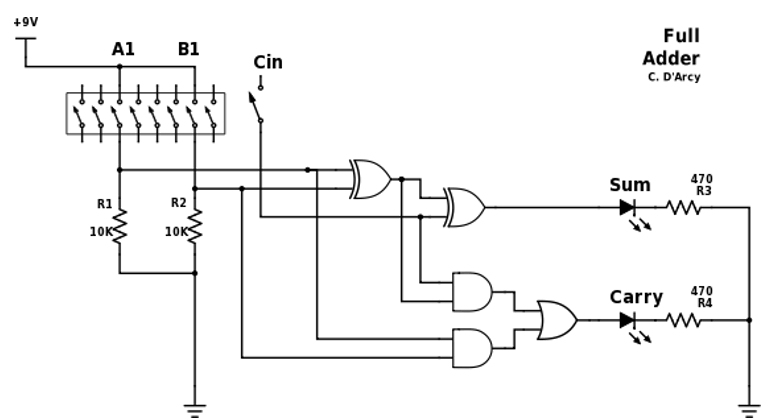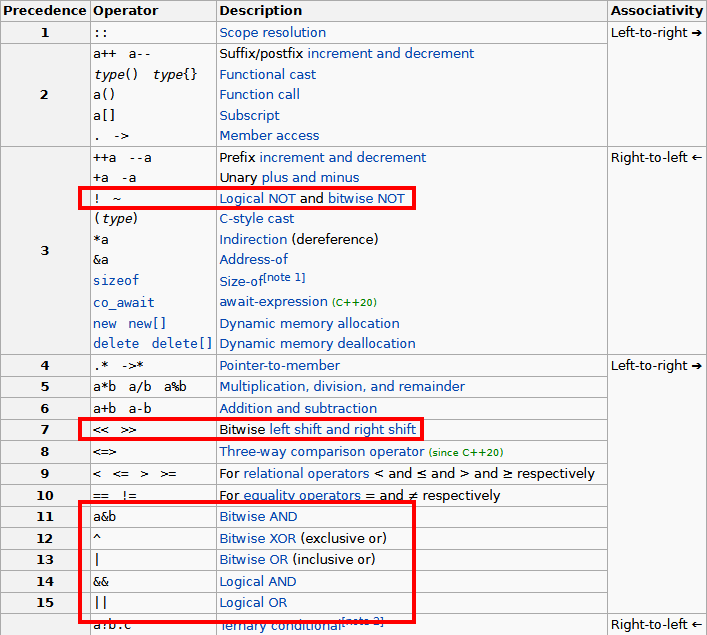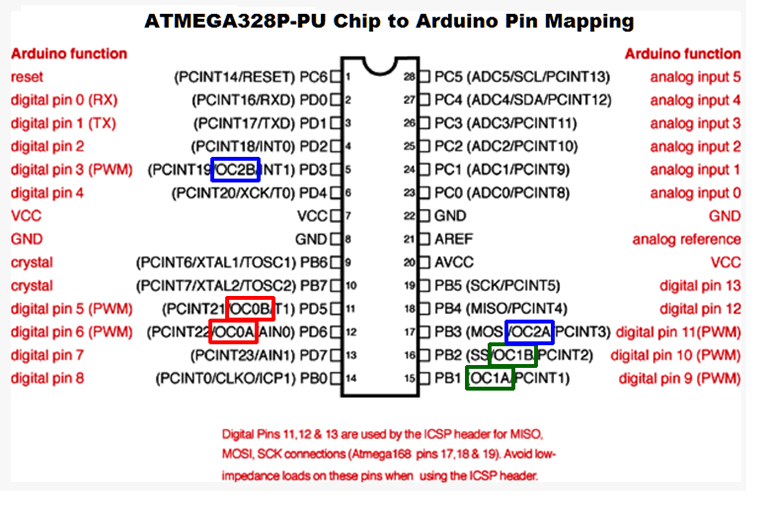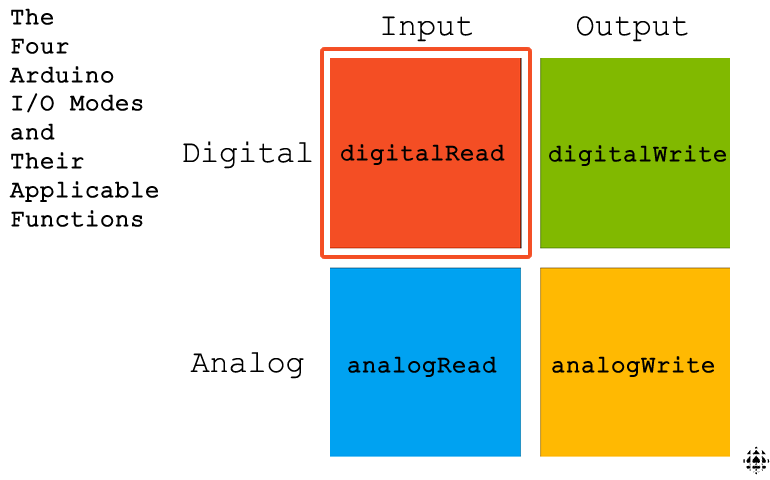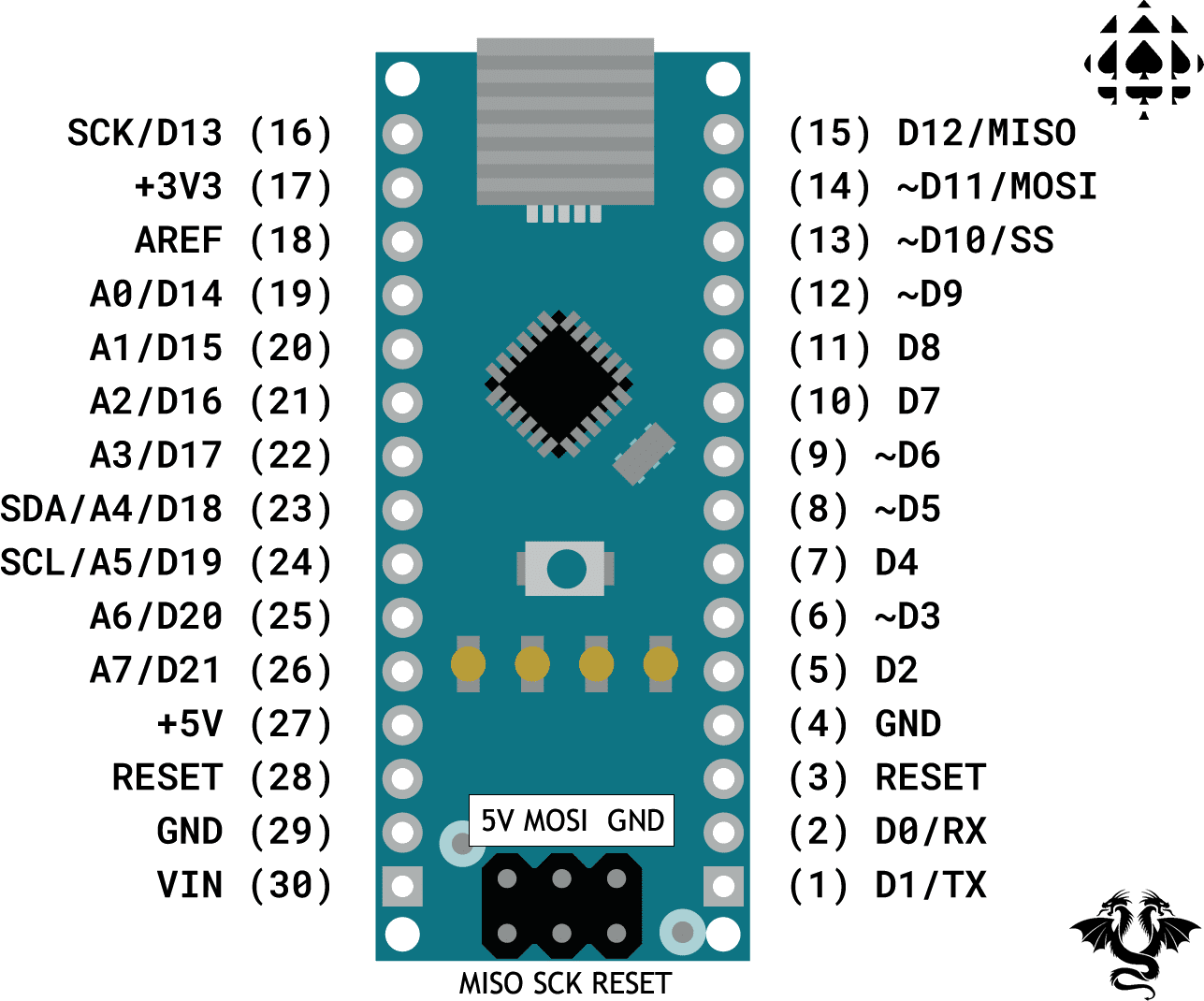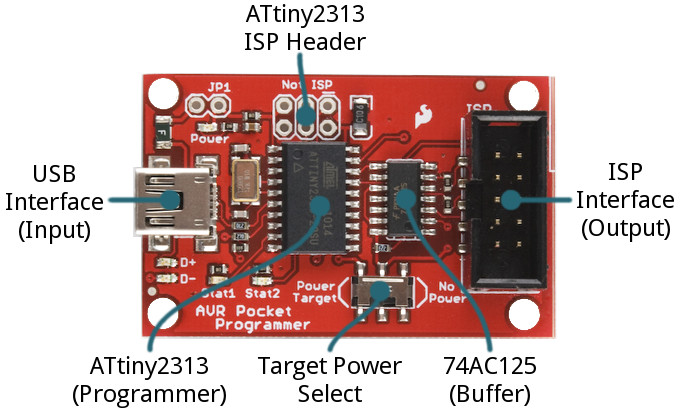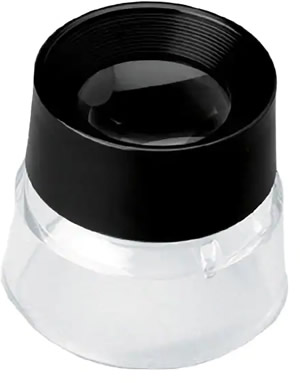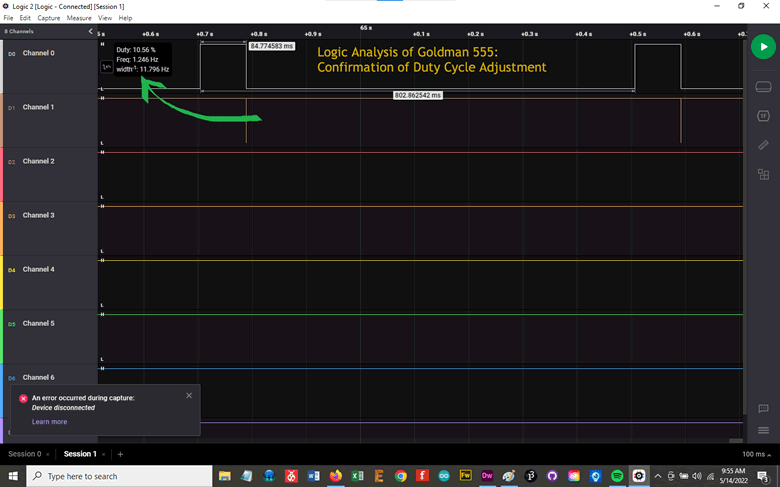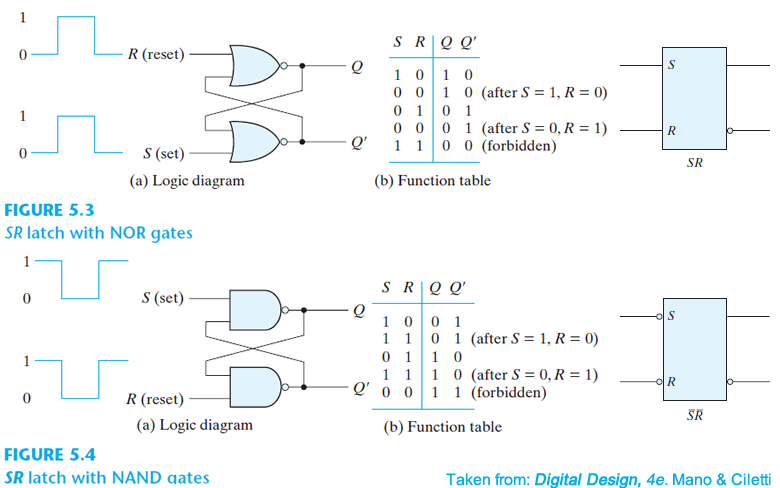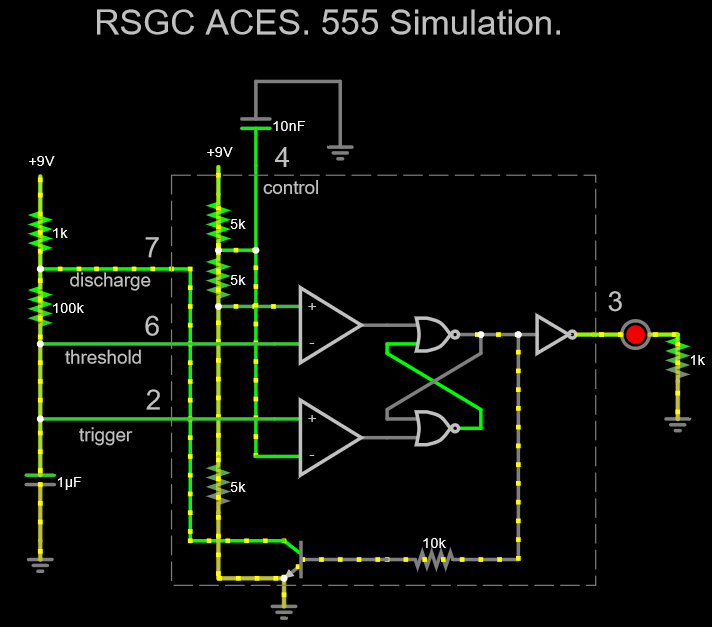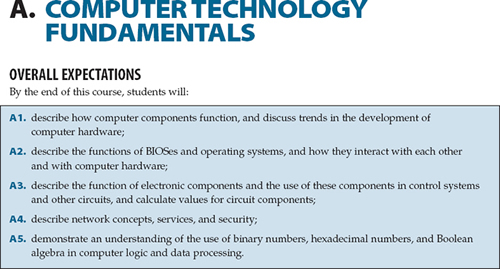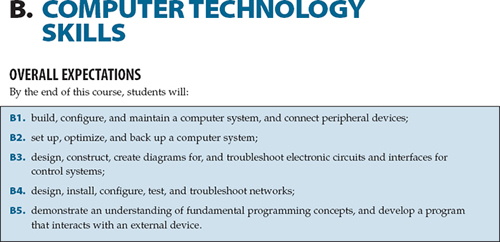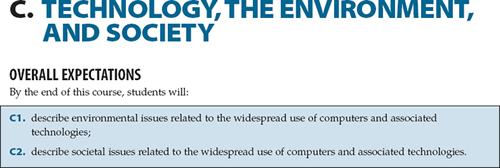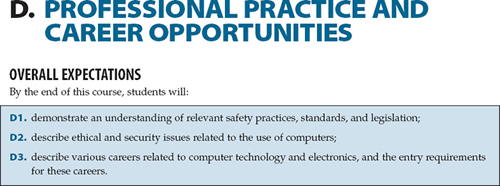

DF, ARC, BB, CT, BW,
GD, JS, JMac
RF: VJ, LMc, RS, AS
Final Class
Project 2.5b Development Period
Project 2.5b Development Period
WA, BB, JC*,
GD*, DF, VJ, JMac,
LMc**, JMi, ARC, RS,
JS, AS, CT, BW
Project 2.5b Development Period
Wireless Control
of Project 2.5a
Wireless Control
of Project 2.5a
14Core: nrf24 Projects
(Serial, SPI, I2C, RF, IR, BT)
nRF: Radio Frequency
MUST WATCH...
nRF24L01 Transceiver (SPI-based):
Getting Started, Arduino Guide
AVR Foundations Workbook: pp. 85-88
RF24 Library (tmrh20) Class Documentation

ACES' nRF24L01+ BoB...
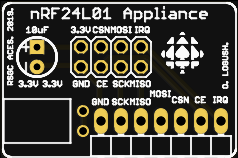
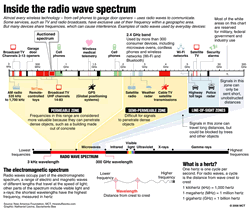
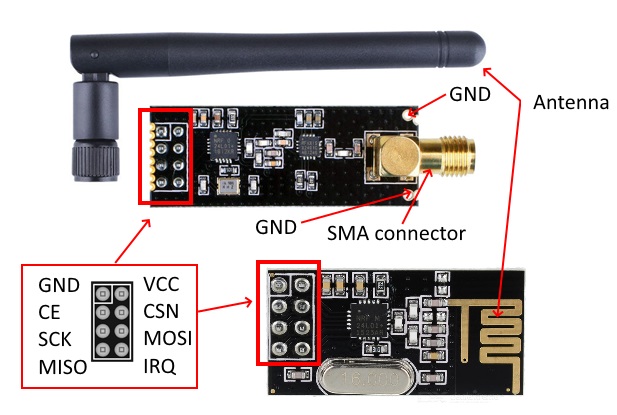
Rework your breadboard remote
with the LTE-4206
with the LTE-4206
Wireless Control
of Project 2.5a
69
May 12
May 12
Library Documentation
Note:
Active Development!
Find IR Codes
(Serial, SPI, I2C, IR, RF, BT)
Creating a Universal Remote
Good Tutorial:
IRremote Library
(Digital) IR Data Communication → → →
(ACES' 20, Waterloo '25)
IR Remote ISP...
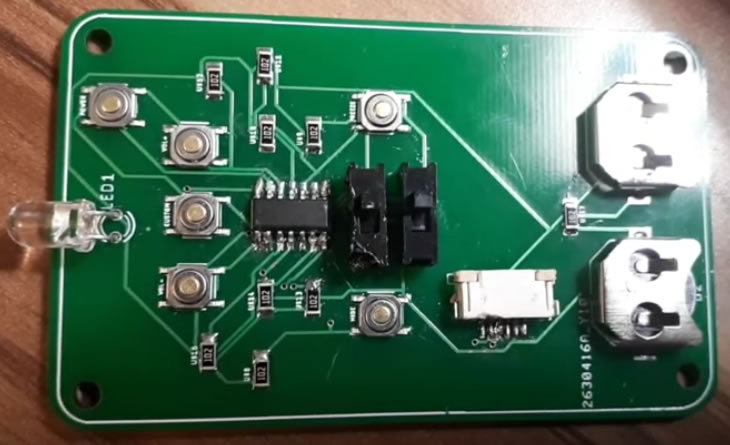
ACES' Frame Player:
Infrared Day 3
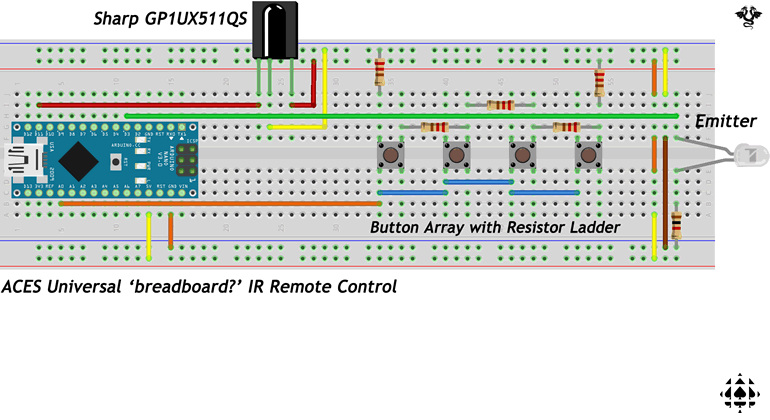

Your 3mm Emitter:
LTE-4206
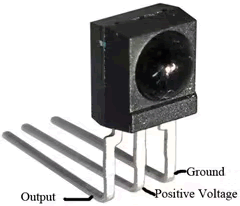
K. Shirriff's Earlier (Simpler):
IRremote v2.5.0
(Serial, SPI, I2C, IR, RF, BT)
Day 2: IR as Data Carrier
ACES' Frame Player:
Infrared Day 2
(2 MUST reads)
SB-Project's:
IR Control Theory

and
K. Shirriff's
IRRemote Library
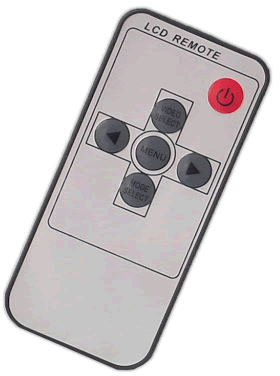
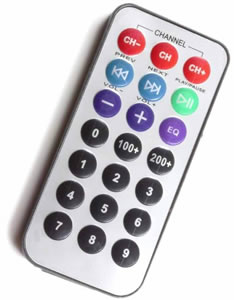
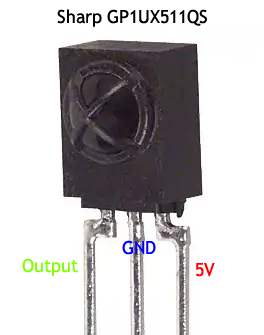
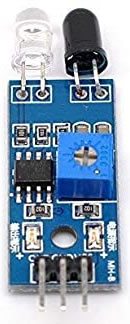

Distance vs Voltage
(Serial, SPI, I2C, IR, RF, BT)
Day 1 (38k Hz IR Basics: No Code)
A. Digital Break Beam (Voltmeter)

B. Analog Proximity (LM358 OpAmp)
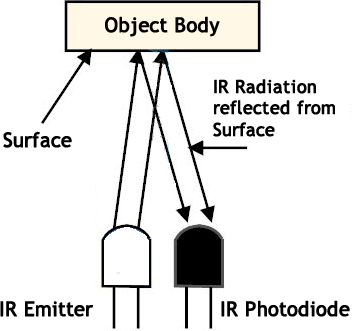
ACES' Frame Player:
Infrared Day 1
![]() Mr. D.
Mr. D.
Recommended
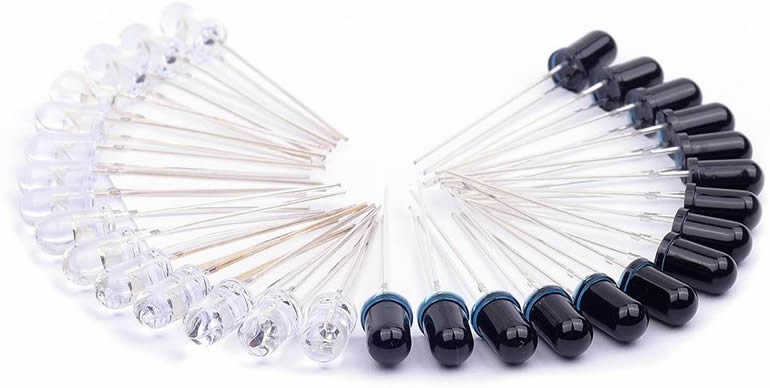
(Digital) IR Data Communication
![]()
Your 5mm IR Pair
Passive InfraRed
(PIR) Sensor
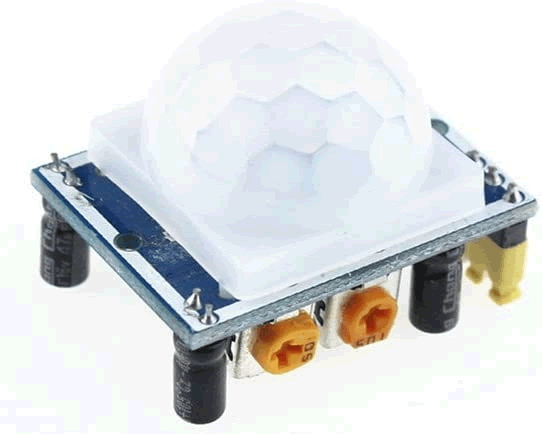
Wireless Control
of Project 2.5a
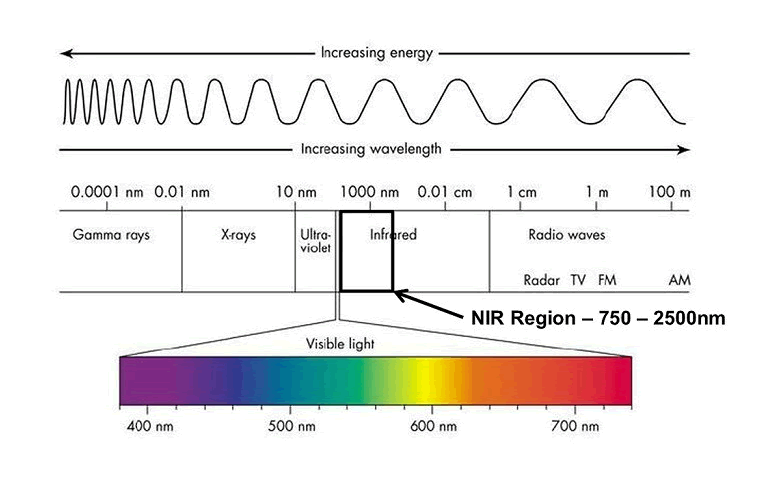
Project 2.5a Mechanical
Final Class Prior to Saturday's DER Submission
Mechanical
WA, BB, JC, LD,
GD, DF, VJ, JMac,
LMc, JMi, ARC, RS,
JS, AS, CT, BW
ACES' Stepper Gem:
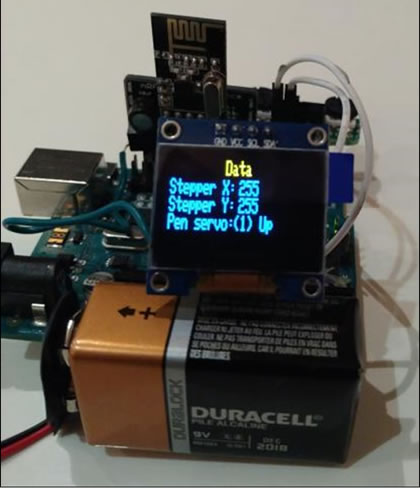
(ACES '20)
Mini CNC Plotter
MUST WATCH!!
 MOT-28BYJ-48 with ULN2003 Driver
MOT-28BYJ-48 with ULN2003 Driver
MUST WATCH!!
 Driving your Stepper from your Arduino
Driving your Stepper from your Arduino
 Arduino Stepper Library
Arduino Stepper Library
can be problematic!
 Stepper Library (Examples)
Stepper Library (Examples)

 Unipolar vs Bipolar Stepper Motors
Unipolar vs Bipolar Stepper Motors
MOT-28BYJ-48 Datasheet
RSGC ACES' Library-free
Stepper Motor Example...
 Stepper28BYJ48Example.ino
Stepper28BYJ48Example.ino
 Video support
for this Example
Video support
for this Example
 Autonomous Foosball Robot
Autonomous Foosball Robot
(Brendan Lai RSGC '18)
MUST WATCH!!
can be problematic!
MOT-28BYJ-48 Datasheet
RSGC ACES' Library-free
Stepper Motor Example...
(Brendan Lai RSGC '18)
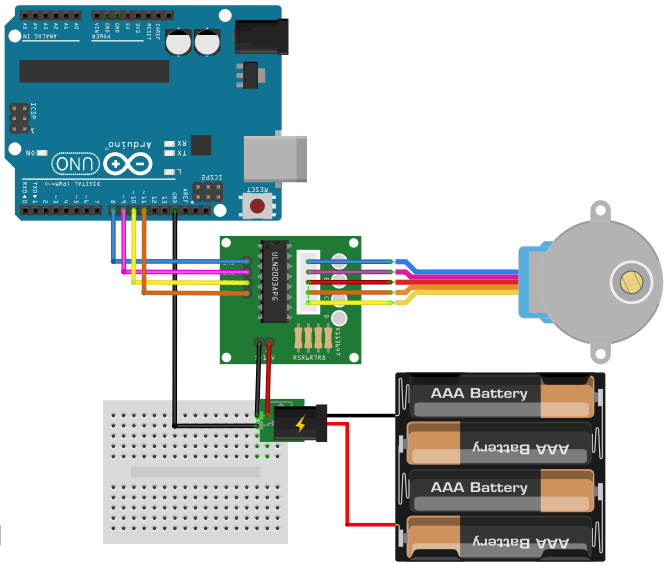
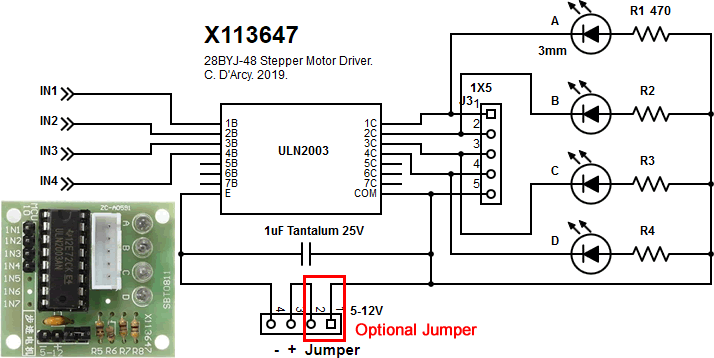
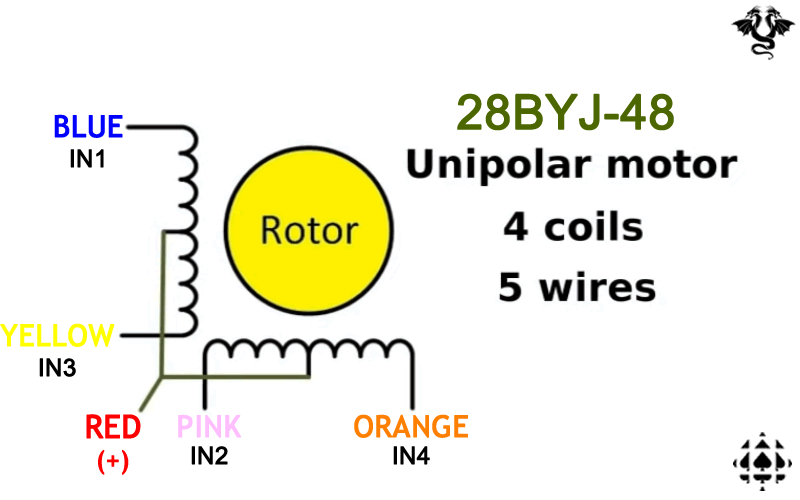
ACES' PID Gem:
(Queen's Eng. '22)
Balance Beam
ACES' Stepper Gem:
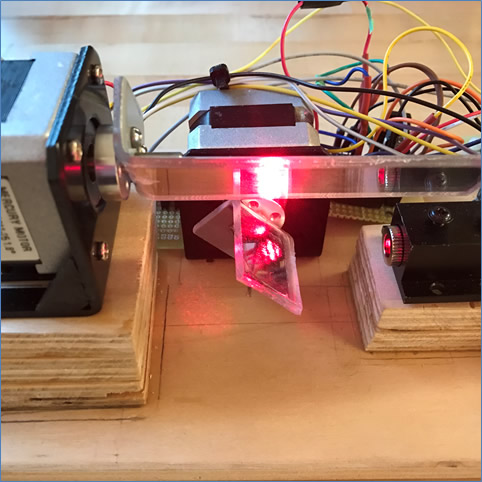
(Mac. Eng. '21)
Laser Projector
...but Inspiring :)
Servo Motor Works
(build your own?)
Servo Connections
Servo Controller
Servo Motors

A brief introduction to AVR Timers...
Timer1 Registers and Clock Prescalers
![]()
Servo Gem
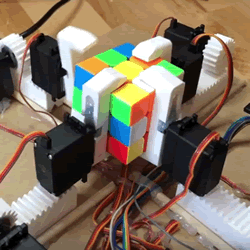
![]() Jasper's Rubik's
Jasper's Rubik's
Cube Solver
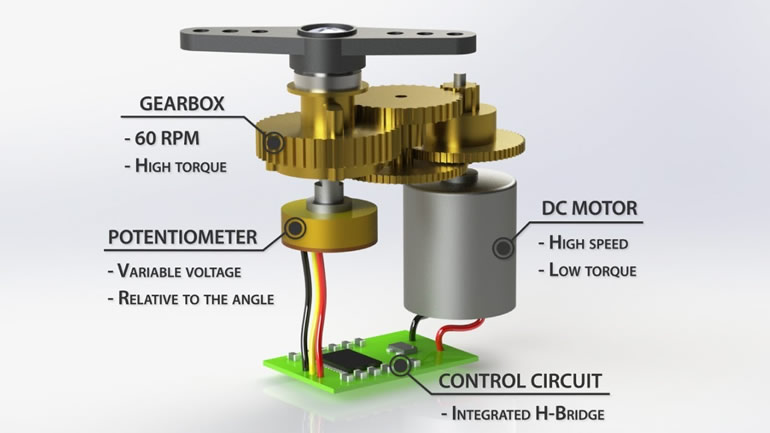
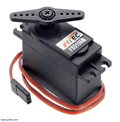

(Coded) DC Motor Control
SN754410 Quadruple Half-H
(Motor) Driver
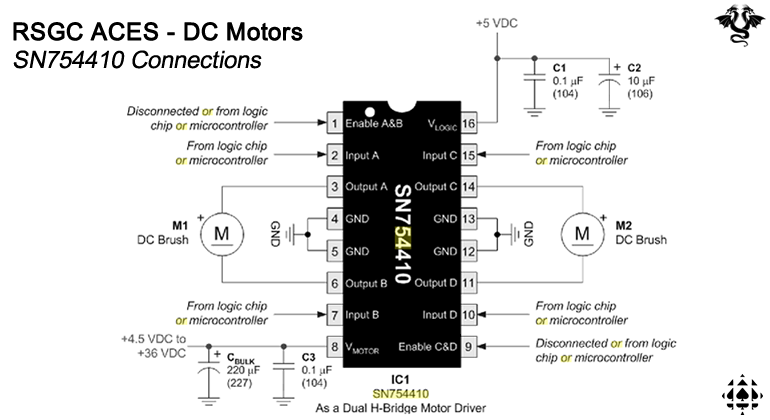
Let's code...
DCMotorControl.ino
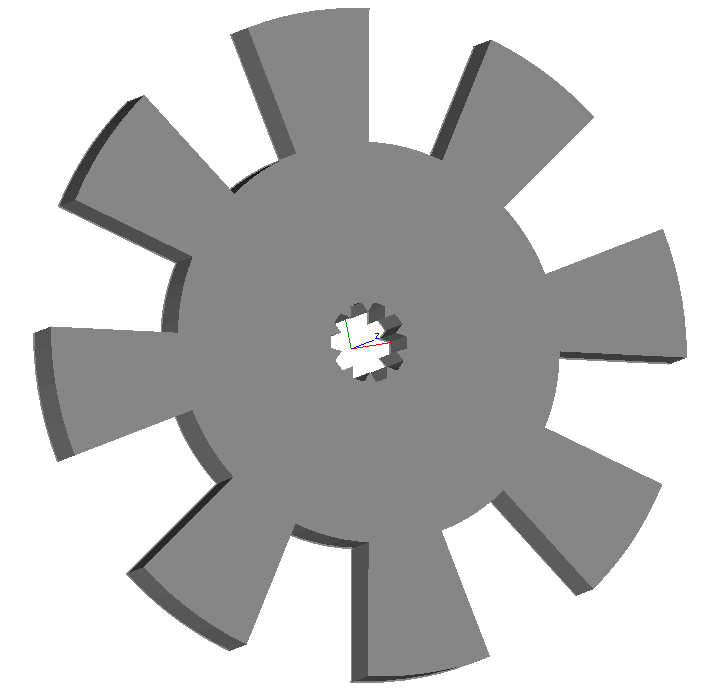

(No Code) DC Motor Control
(5V Relay) H-Bridge
ACES' Frame Player: DC Motors 2
(Bi-directional)
5V MCU Control Logic
over
? V Motor Power Supply
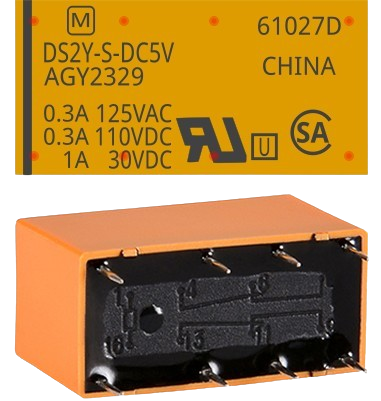
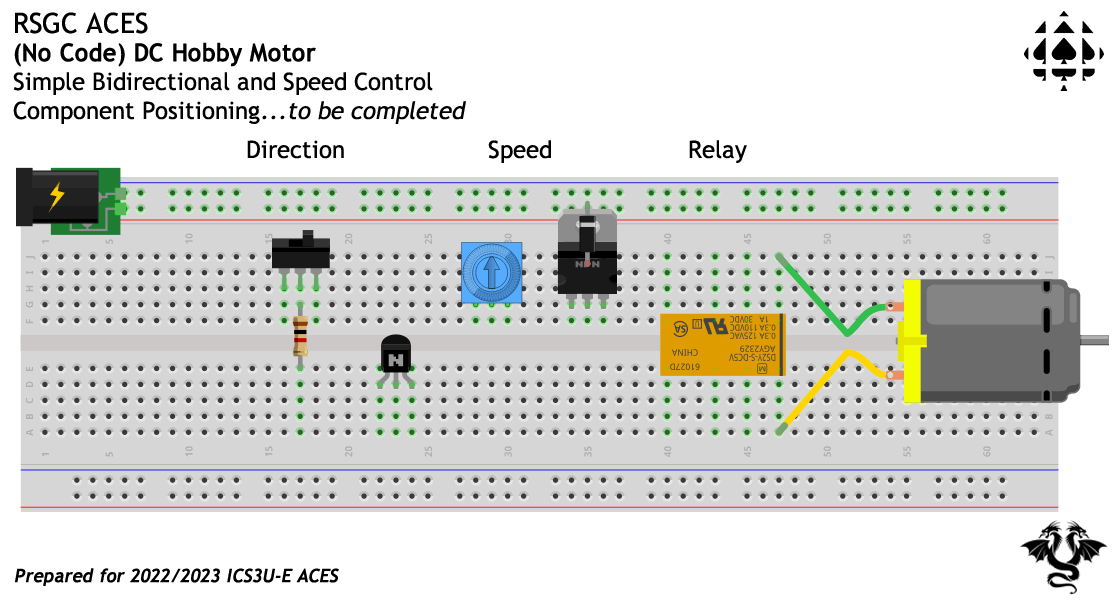
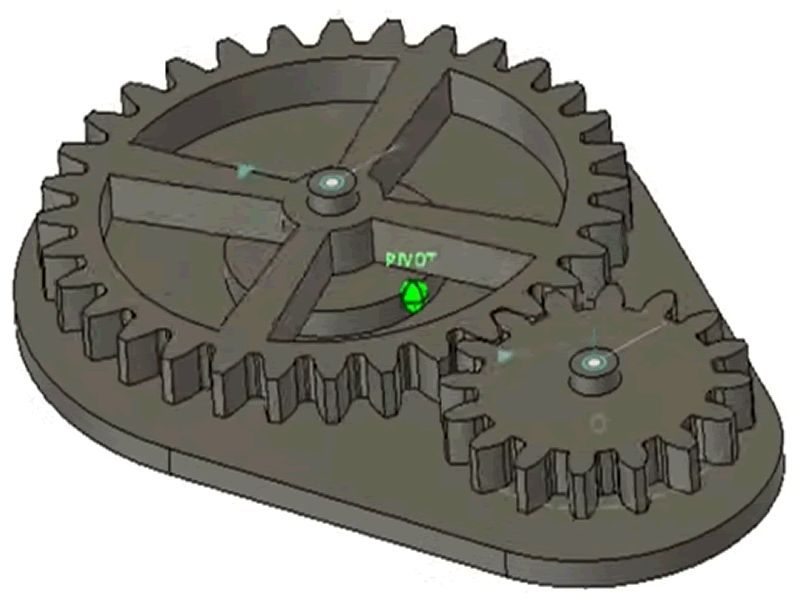
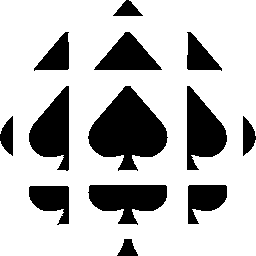
Download just
ACESLogo.dxf

LED Tester Case
ACES' FramePlayer: Graphics
The H-Bridge
ACES' Frame Player: DC Motors 2
(Direction)
5 V MCU Control Logic
over
3-24 V Motor Power Supply
BJT Transistor
H-Bridge
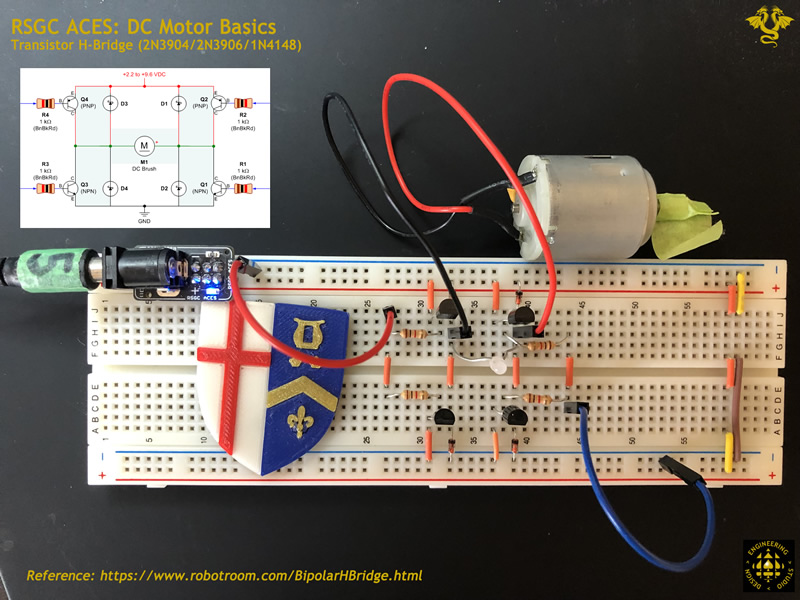
H-Bridge
Motor States
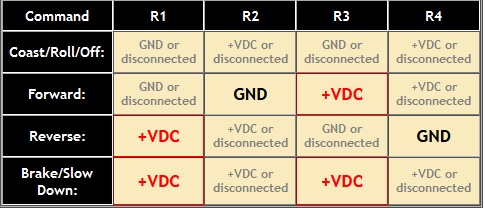
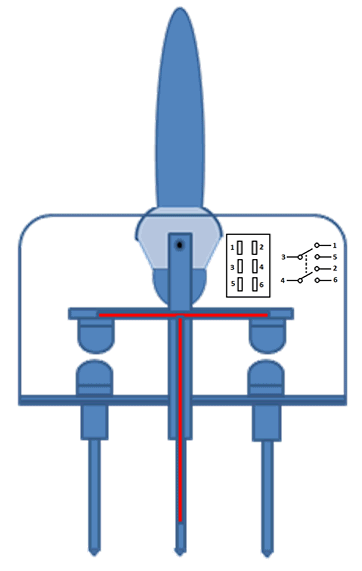
H-Bridge Wiring
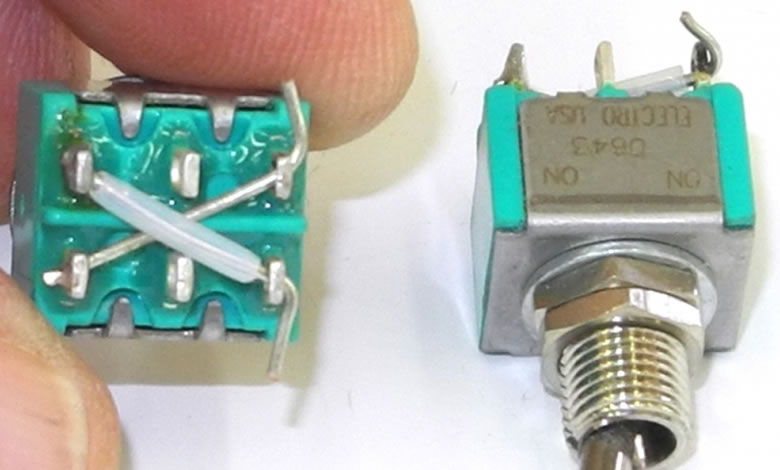
60
Apr 12


LED Tester Case
ACES' FramePlayer: Text
Introduction to DC Hobby Motors
ACES' Frame Player: DC Motors 1
(Introduction, Speed, Torque,...)

Sparkfun's
ROB-11696 Hobby-Gear
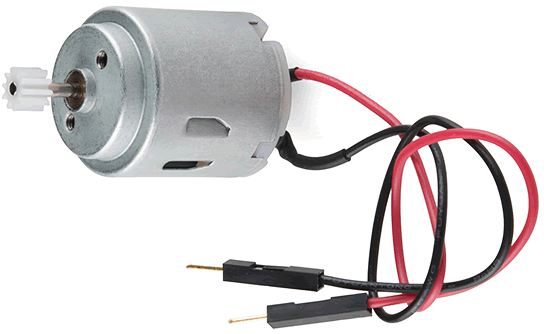
Understanding Gears
GearGenerator.com
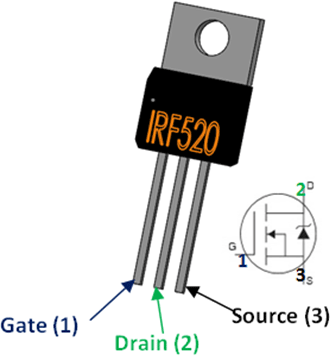
Brushed vs Brushless?
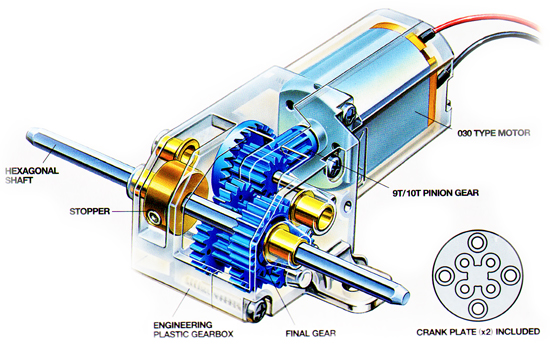
Tutorial
DPDT Toggle Switches
5V DPDT Relay
Fusion Case
Frame Player:
LED Tester Case
ACES' Frame Player: (DPDT) Relay
(Uses, Switches, Bidirectional)
Circuit II: 5V DPDT Relay
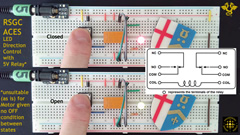

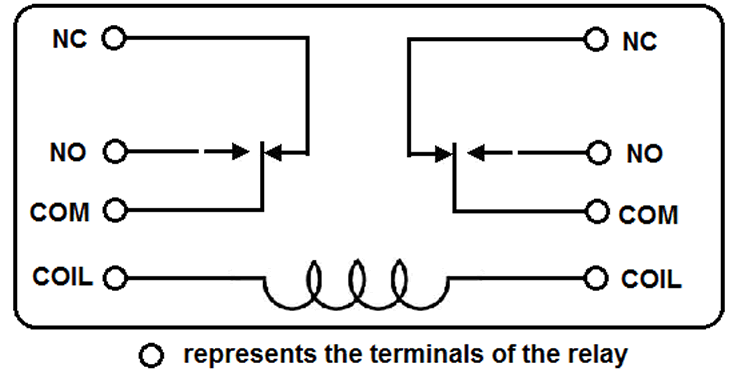
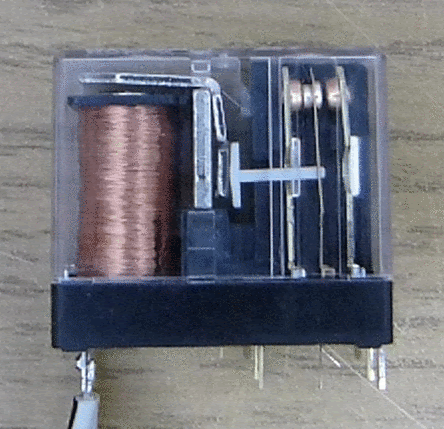
58
Apr 4
Engineering
Mindset:
The
Practical
Engineer:
Electromechanics
![]() Lenz's law: Induction
Lenz's law: Induction
Circuit I: Solenoid

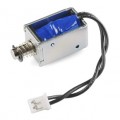
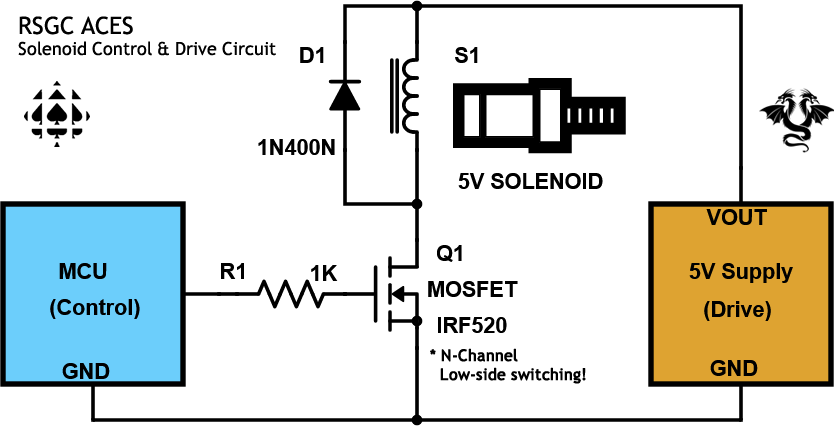
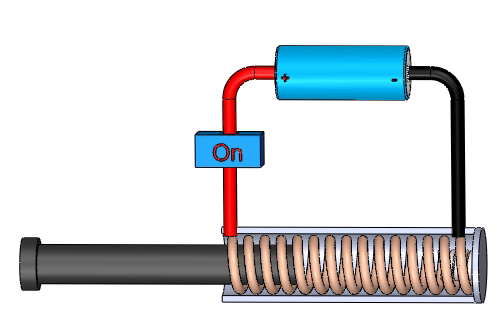
Getting there with
Eagle/Fusion 3D Rendering...
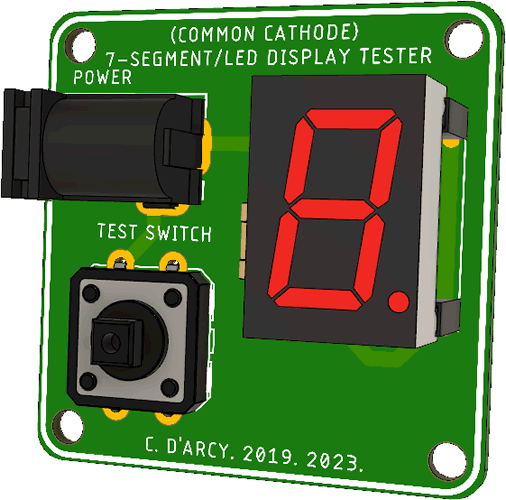
Optocoupler
(PC817, 4N25,
etc.)

ACES' Frame Player: Fields
(Grade 11 Medium ISP)
Antikythera Mechanism
CONTROL Logic and DRIVE Power
Power Supply Considerations
BJTs (<1A)
(3904, 2N4401, BC337)
vs Darlington Array
(<5A?) (TIP120)
vs ULN2003 (DIP-8)
vs MOSFETs
(>5A?) (IRF520)
UNIT 8. Design II: From EAGLE to FUSION 360
PCB Case Design
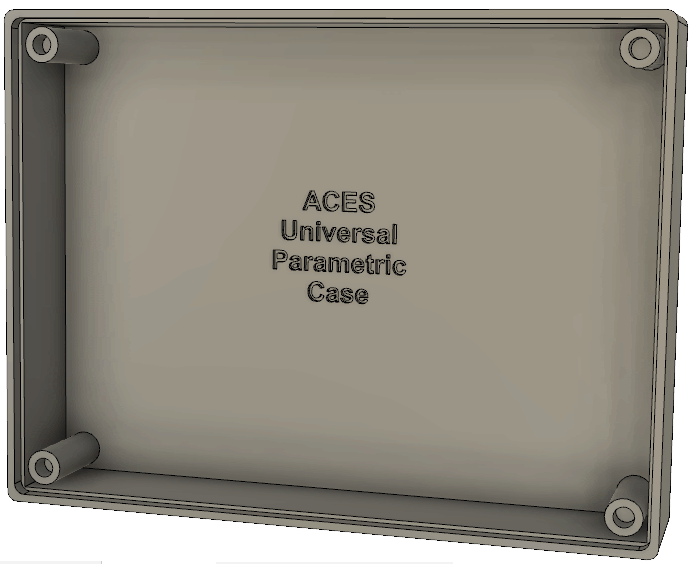
The Curse of the Engineer
From Design I to Design II
DESIGN THINKING and REFLECTION
ACES' Frame Player:
Design (Eagle to Fusion)
Design I:
Our Counting Circuit
BOARD VIEW
(EAGLE Export →)
Design II:
Our Counting Circuit
3D RENDER
(→ FUSION 360 Import)

![]() Tricky Stuff...
Tricky Stuff...
Clock Sources
Arduino Fuse Settings
AVR Fuse Calculator
Perma-Proto ATmega328P with PCB
Work Period
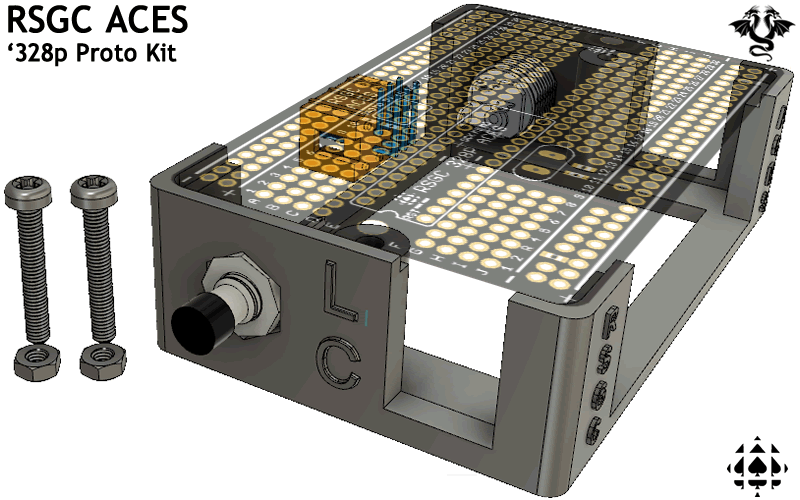
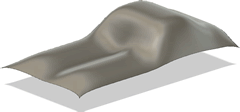
ISP DER / Perma-Proto with PCB Preparation

JMi, JC, GD, VJ, LM, AS, ARC
WA, BB*, JC, LD, GD
DF, VJ, JMac
LMc*, JMi, ARC, RS
JS, AS, CT, BW

BB, DF, JS, CT, BW
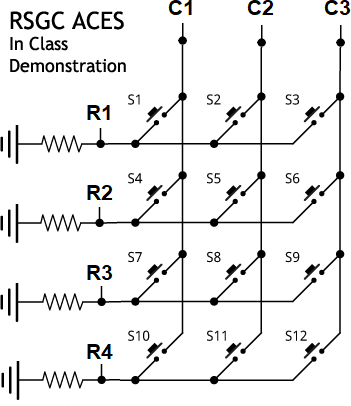

Medium ISP Presentations
WA, LD
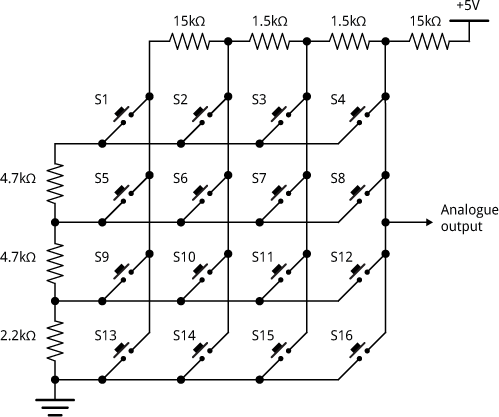
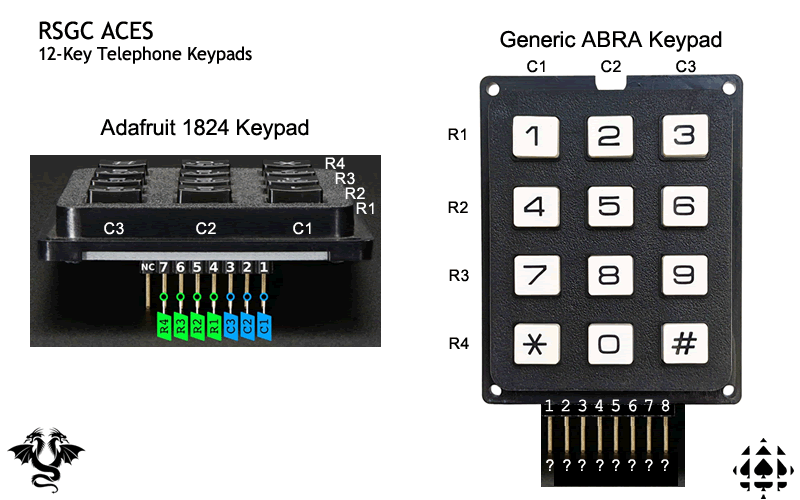
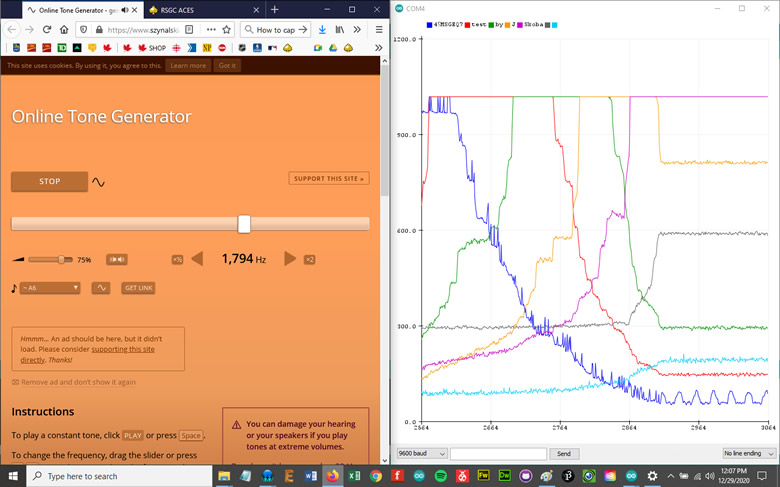
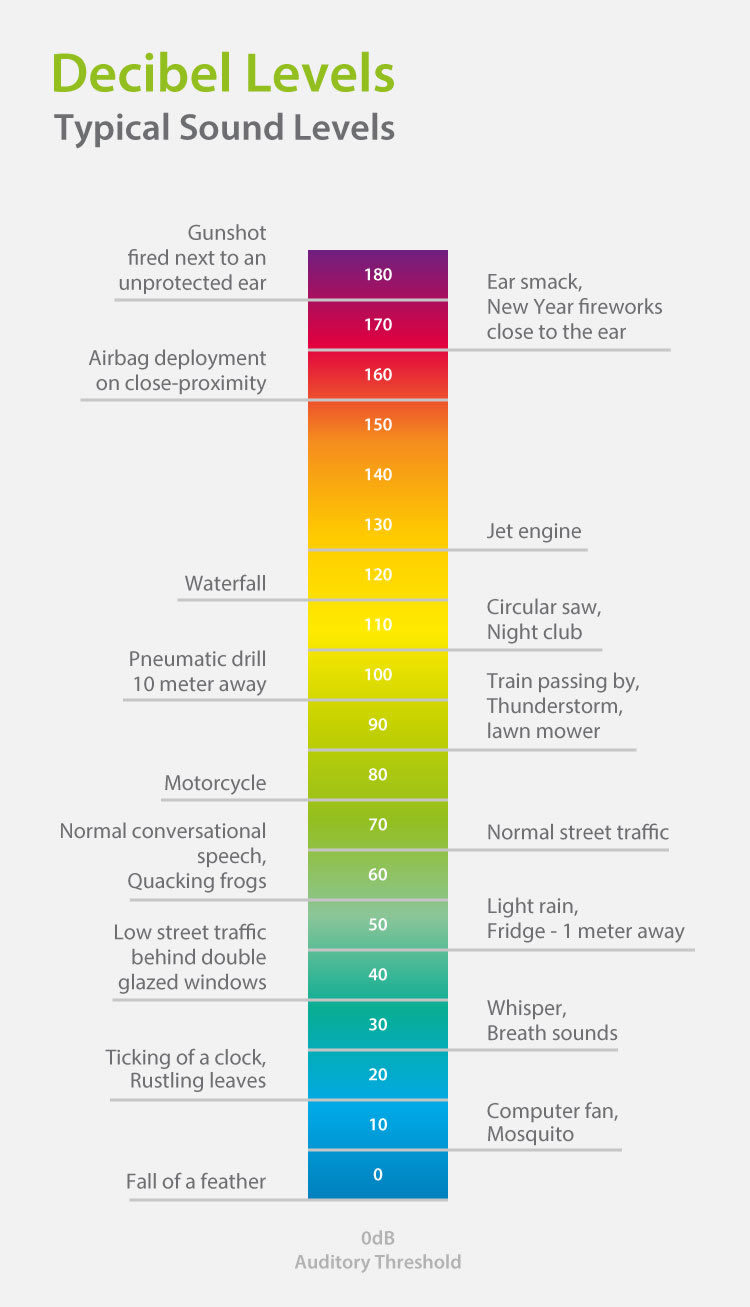
Online Tone Generator
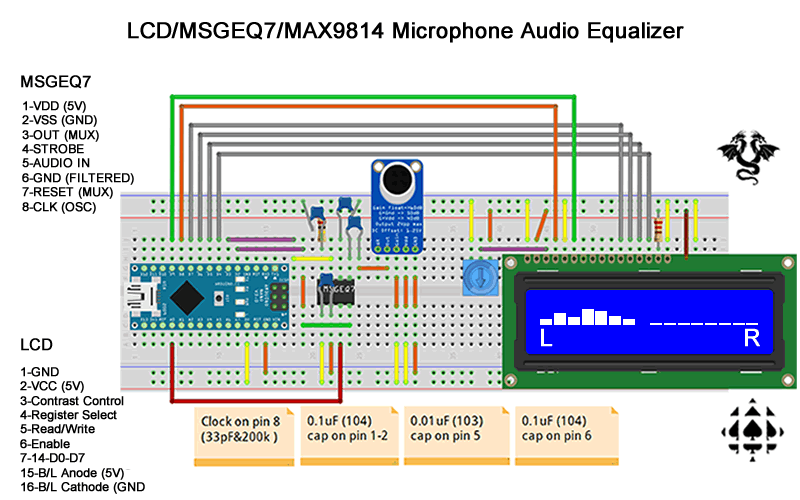
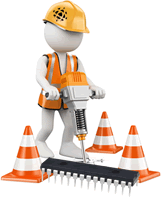
Depth or Breadth? (Your call!)
LCD Coding of the HD44780U

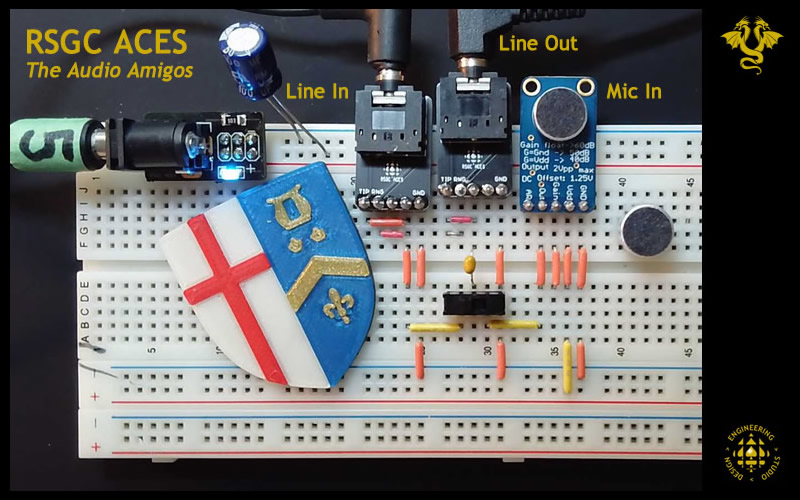
Custom LCD
Character Function:
createChar()
I2C Data Logger
WA, BB, JC*, LD, GD*,
DF, VJ, JMa, CT*, BW
*LMc (Std, Ext)*
JMi, ARC, RS, JS
*AS (Std, Ext)*

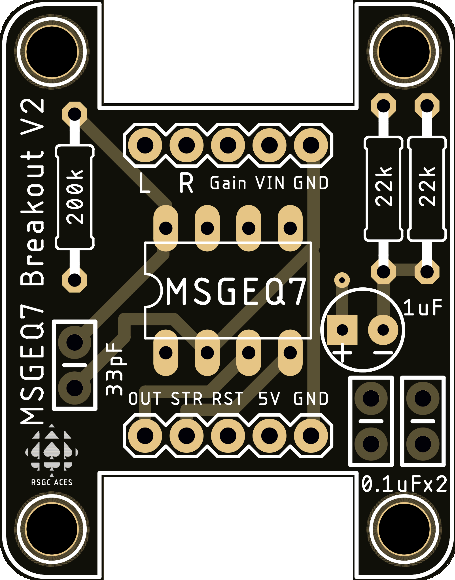
50
Feb 24
Feb 24
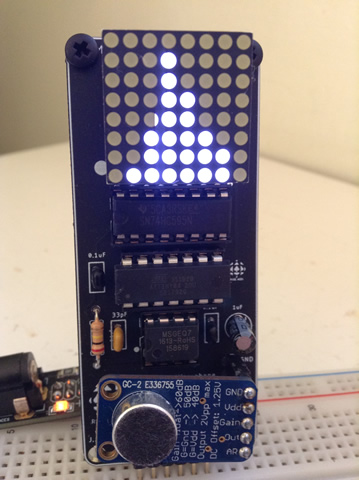
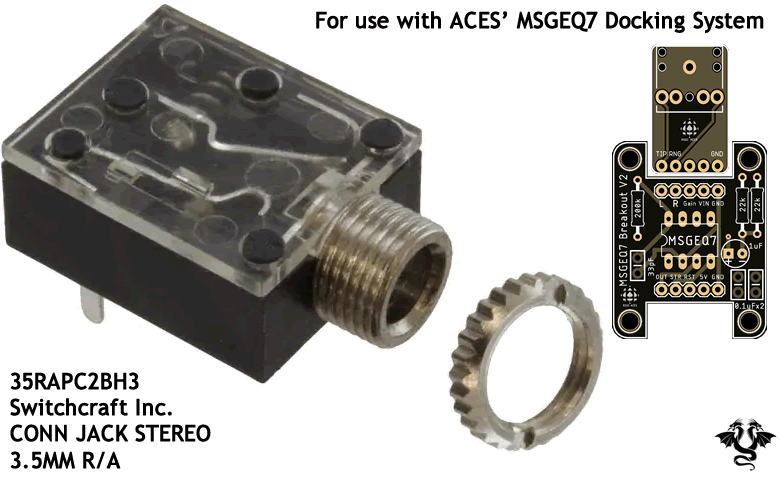
ACES' FramePlayer: Square2Sine
ACES' FramePlayer: MSGEQ7
ACES' Audio-Responsive Devices:
Matrix Equalizer Stick
MSGEQ7 Prototype & Test Session
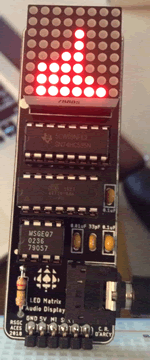
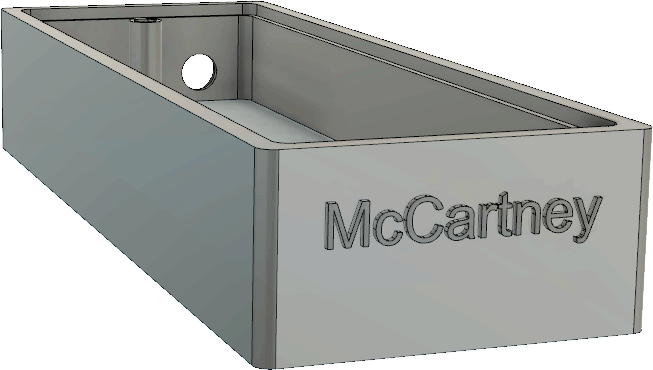
L. McCartney's
Full Size
Perma-Proto Case
49
Feb 22
Feb 22
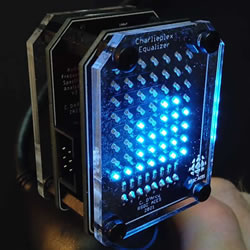
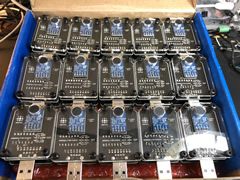
A Terrific Site...
David Johnson-Davies'
Technoblogy

Terrific Introduction from Ohio State...
(Technoblogy)
ACES' FramePlayer: Audio
(Passive) Filtering:
Passive Filtering Design Tool
A 7-Band
Audio Spectrum
Analyzer
The MSGEQ7
The Classic
MSGEQ7 Blog...
MSGEQ7
by J. Skoba
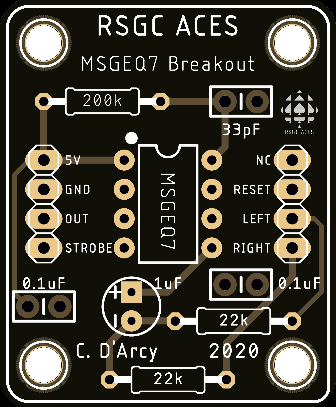

Online Tone Generator
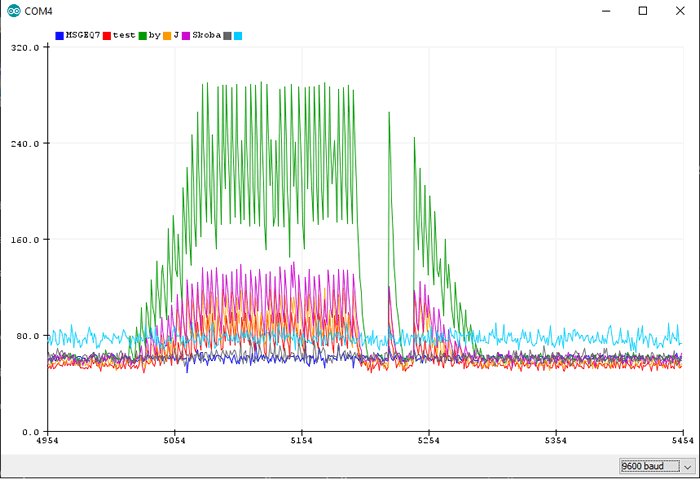
UNIT 6. Design I: PCB Creation with EAGLE
Feb 16
10:55
Dismissal
(Guest
Speakers
Chapel)
EAGLE Q&A/Work Period
I STRONGLY recommend completing
your EAGLE PCB Design(s)
(while the information is fresh)
for Project 2.3c and ISP
and arrange with a few peers
to place a group order for V1 ASAP
I STRONGLY recommend completing
your EAGLE PCB Design(s)
(while the information is fresh)
for Project 2.3c and ISP
and arrange with a few peers
to place a group order for V1 ASAP
Feb 14
(Casual)

EAGLE
(M3) Mounting Holes,
Design Rules (ACES_THT.dru)
CAM Processor (ACES_Generic.cam)
Placing the Order...
(M3) Mounting Holes,
Design Rules (ACES_THT.dru)
CAM Processor (ACES_Generic.cam)
Placing the Order...
Feb 10

EAGLE Board View:
Layers: Dimension, Top, Bottom, Silk
Tools: Ratsnest, Text, Miter, Routing
Layers: Dimension, Top, Bottom, Silk
Tools: Ratsnest, Text, Miter, Routing
Feb 8

Schematic:
Connecting parts : NET/Junction Tools
Vcc, Vdd, Gnd, Vss, Vee
EAGLE Generic Footprint Libraries:
rcl, con-lsta, con-lstb, ic-package
Feb 6
Period
Rotation
to P2

(dated, but still some useful assets)
Application Orientation
Projects, Preferences,
Feb 2
(Asynch)
(Asynch)
Jan 31

RSGC ACES'
PCB Summary
RSGC ACES'
Common Parts
THT, SMT
(Somewhat Dated)
Install Additional Parts Libraries...
Behind the curtain...
Wire-Level RTC Exercises
 Wire
Wire
1. How I2C Communication Works
2. TC74 Tiny Serial Thermal Sensor
3. DS1307 TimeKeeping Registers
4. DS1307 Square Wave Exploration
Great
Hardware & Software Design
starts with
Datasheets
 DS1307
DS1307 TC74
TC74
Wire-Level RTC Exercises
1. How I2C Communication Works
2. TC74 Tiny Serial Thermal Sensor
3. DS1307 TimeKeeping Registers
4. DS1307 Square Wave Exploration
Great
Hardware & Software Design
starts with
Datasheets
P. Stoffregen's
(Terrific)
RTC Tutorial
Arduino and UTF-8
Arduino Serial
Monitor employs
Unicode UTF-8 Encoding
Breadboard an I2C Bus
with the DS1307RTC I2C
I2C Basics, I2 Signals
 Library Sketches....
Library Sketches....
Wire: I2c_scanner
DS1307: ReadTest. SetTime
Behind the curtain...
Wire-Level RTC Exercises
1. How I2C Communication Works
with the DS1307RTC I2C
I2C Basics, I2 Signals
Wire: I2c_scanner
DS1307: ReadTest. SetTime
Behind the curtain...
Wire-Level RTC Exercises
1. How I2C Communication Works

Communication Protocols
(Serial, SPI, I2C, RF, IR, BT)
 NXP: What is an I2C Bus: An Introduction
NXP: What is an I2C Bus: An Introduction
Breadboard an I2C Bus
with the DS1307RTC I2C
I2C Basics, I2 Signals
(Serial, SPI, I2C, RF, IR, BT)
Breadboard an I2C Bus
with the DS1307RTC I2C
I2C Basics, I2 Signals
Communication Protocols
(Serial, SPI, I2C, RF, IR, BT)
AVR Foundations Workbook: pp. 82-83
 Arduino Workshop: SPI
Arduino Workshop: SPI
SPI* Bus
1D Scrolling on 4 MBV3s...
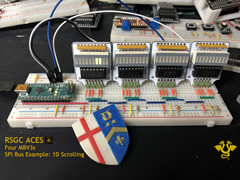
 Support Code: MBv3SPIBus4Peris.ino
Support Code: MBv3SPIBus4Peris.ino
*similar to shiftOut but MUCH faster!
(Serial, SPI, I2C, RF, IR, BT)
AVR Foundations Workbook: pp. 82-83
SPI* Bus
1D Scrolling on 4 MBV3s...

*similar to shiftOut but MUCH faster!
Communication Protocols
(Serial, SPI, I2C, RF, IR, BT)
 Serial Library
Serial Library
 SoftwareSerial Library
SoftwareSerial Library
Download ACES' Zip file:
 GitHub: AVR Foundations
GitHub: AVR Foundations
Serial Communicaton (UART)
Part 2A. CLIENT-SERVER
Part 2B. PEER-PEER
 Chat.ino, Serial Mastermind
Chat.ino, Serial Mastermind
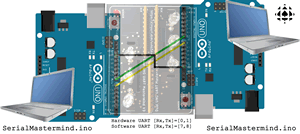
(Serial, SPI, I2C, RF, IR, BT)
Download ACES' Zip file:
Serial Communicaton (UART)
Part 2A. CLIENT-SERVER
Part 2B. PEER-PEER


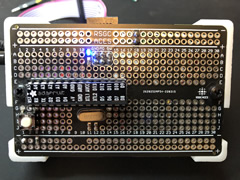

see AVR Foundations Workbook p. 34
Project 2.3b
Perma-Proto ATmega328P
Review of Supplemental Parts
and Distribution
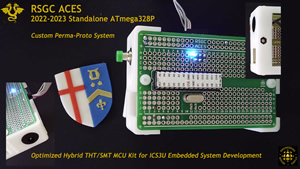
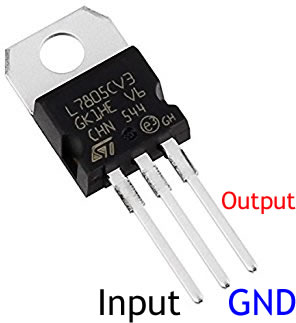
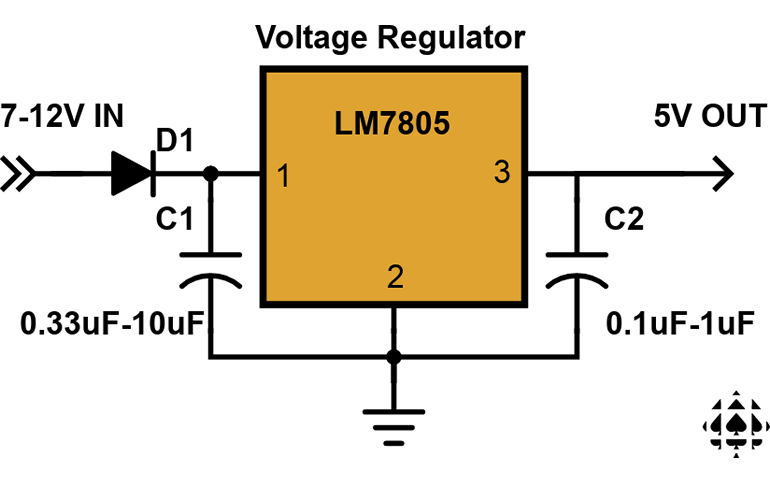

2.20a, 2.3a
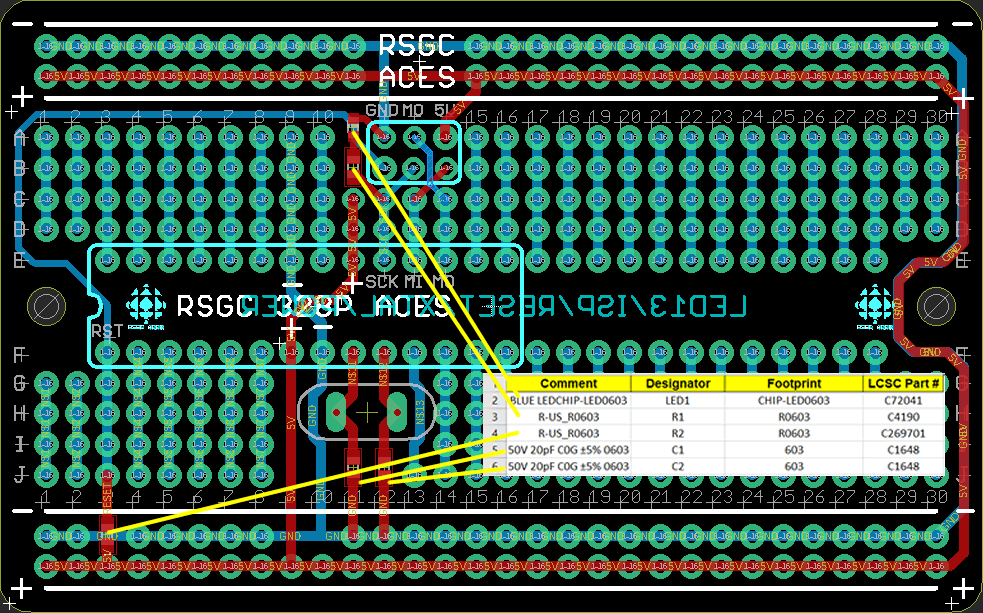

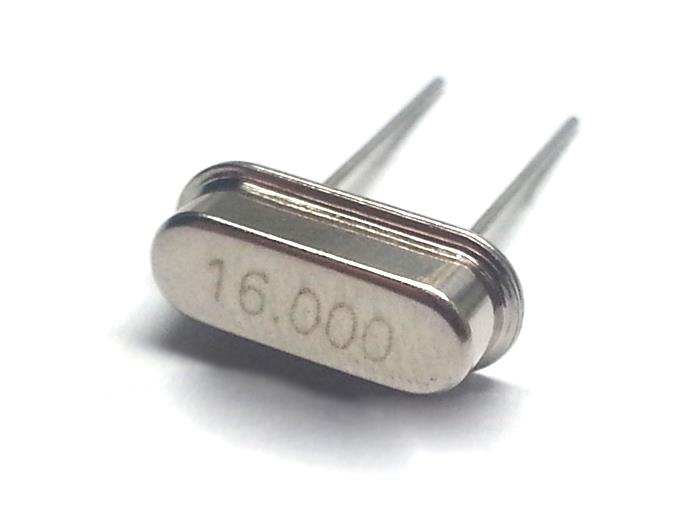
Breadboard ATmega328P


2.20a, 2.3a

35
Dec 20
Dec 20
An ACCURATE MCU Time Base
4060 Ripple Counter
4-bit (÷16,384) Ripple Counter
with 3 Oscillator Options
2019/2020 Challenge #2
4069 Pierce Oscillator
Future EE ISP? LCD Direct Drive
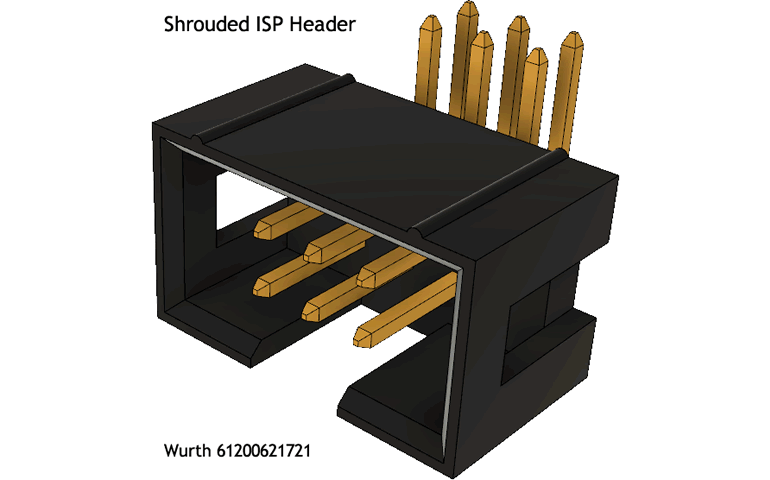

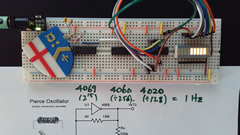

34
Dec 16
Dec 16
RSGC ACES' Standalone AVRs
Embedded Systems
ATmega328P, ATtiny84, ATtiny85
Breadboard MCU Considerations
1. Voltage Regulation with
the LM7805 (p. 34)
2. Filtering for Stability
3. Crystal Oscillation
4. Reset (Active Low) Prep
5. In-System Programming (ACES' BoB)
Embedded Systems
ATmega328P, ATtiny84, ATtiny85
Breadboard MCU Considerations
1. Voltage Regulation with
the LM7805 (p. 34)
2. Filtering for Stability
3. Crystal Oscillation
4. Reset (Active Low) Prep
5. In-System Programming (ACES' BoB)
UNIT 3. Shift Registers, LED Displays, and POV. Built-In Toolchain Libraries (EEPROM, String, etc.)
ASCII Font for 8×8 LED Matrix
 EEPROM Library
EEPROM Library
EEPROM: Writing To and Reading From
(Source Code: EEPROM.h)
 Writing Matrix Font
to EEPROM
Writing Matrix Font
to EEPROM
Similar Scanning on a...
4-digit 7-Segment Display
EEPROM: Writing To and Reading From
(Source Code: EEPROM.h)
Similar Scanning on a...
4-digit 7-Segment Display
32
Dec 12
Dec 12
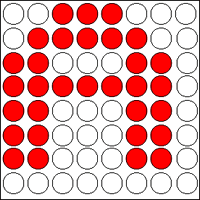
31
Dec 8
Dec 8
Introducing...
2D Arrays
TimerOne Interrupt
EEPROM: Writing To and Reading From
(Source Code: EEPROM.h)
30
Dec 6
Dec 6
Short ISP Presentations
WA, AL
Blank 8x8 Matrix Image
Persistence of Vision (PoV)
Row Scanning
 MatrixMadeEZ.ino
MatrixMadeEZ.ino
WA, AL
Blank 8x8 Matrix Image
Persistence of Vision (PoV)
Row Scanning
Must
Know!
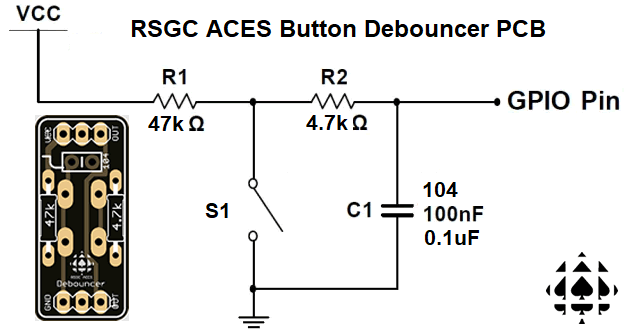
Mechanical Switches as Digital Inputs
Boeing's Big Mistake?
What happens in hardware, stays in hardware :)
Wire an RC Debounce circuit!
the state transition...

contacts can lead to
false readings...:(

29
Dec 2
Dec 2
Presentations
JS, CT, ARC, JMi, WA, BW, JC, AL, SL
Confirmed Absences
GD
JS, CT, ARC, JMi, WA, BW, JC, AL, SL
Confirmed Absences
GD
28
Nov 30
Nov 30
27
Nov 28
Nov 28
Presentations
GD, LM, RS, VJ, AS
Confirmed Absences
BB
GD, LM, RS, VJ, AS
Confirmed Absences
BB
Why might this be
the PERFECT period
for our first look at Interrupts ?
Efficiency & Optimization
Challenge1 Revisited
External Interrupts
 attachInterrupt(pin, ISR, mode)
attachInterrupt(pin, ISR, mode)
RSGC ACES: Gravimeter
Gravimeter
the PERFECT period
for our first look at Interrupts ?
Efficiency & Optimization
Challenge1 Revisited
External Interrupts
RSGC ACES:
Down Memory Lane:
 External Interrupt
External Interrupt

Adafruit's Tutorial
on
External Interrupts
SUPERB Tutorial:
Nick Gammon on
Writing Interrupts
Adafruit's Tutorial
on
External Interrupts
SUPERB Tutorial:
Nick Gammon on
Writing Interrupts
25
Nov 22
Nov 22
In-Class Challenge 1
(if you've been keeping up and
applying yourself over the last few weeks
you'll do fine)
← Gecko II
(if you've been keeping up and
applying yourself over the last few weeks
you'll do fine)
← Gecko II
OYO
Exploring/Exploiting your MBV3
Dimming, Timed Counting, VU Metering
Dimming, Timed Counting, VU Metering
OYO
20/21
Nov 3/7
Nov 3/7
(Volatile) SRAM
ARRAYS: Day 2/3
Sensor Monitoring:
History Lists (Moving Averages)
Introduction to Arrays (cont'd)
 ACES Array Concepts
ACES Array Concepts
Sensor Monitor & Plotting
ARRAYS: Day 2/3
Sensor Monitoring:
History Lists (Moving Averages)
Introduction to Arrays (cont'd)
Sensor Monitor & Plotting
(Volatile) SRAM
ARRAYS: Day 1
LookUp Tables (LUTs)
Data Modelling Pt. 2
Introduction to Arrays
 ACES Array Concepts
ACES Array Concepts
Inspirational Examples
 Arrays
Arrays
 highByte(), lowByte()
highByte(), lowByte()
ARRAYS: Day 1
LookUp Tables (LUTs)
Data Modelling Pt. 2
Introduction to Arrays
Inspirational Examples
Distribution of your
Morland Bargraph
(MBv3) Device Kit
MR. D. Supplies:
PCB, 330 Ω SIP9
BUSSED Resistor Network
YOU Supply:
10-LED Bargraph
74HC595 Shift Register
DIP16 IC Socket
6 pos. Rt. Ang. Male Header
Morland Bargraph
(MBv3) Device Kit
MR. D. Supplies:
PCB, 330 Ω SIP9
BUSSED Resistor Network
YOU Supply:
10-LED Bargraph
74HC595 Shift Register
DIP16 IC Socket
6 pos. Rt. Ang. Male Header
If possible...
Have your Shift Register prototype working...
NCC Exercises on your SR Prototype
12. Complement 16. Serial input
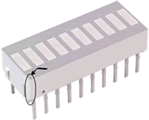
Have your Shift Register prototype working...
NCC Exercises on your SR Prototype
12. Complement 16. Serial input

Shift Registers
WA, BB, JC, LD, GD,
DF*, VJ, SL, JMac,
LMc**, JMi, ARC, RS,
JS, AS*, CT, BW
Resistor Networks
Dual
Shift Register/Bargraph
Prototyping Session
Emphasis:
Superior Wiring Strategy
à la Eater...
 Designing a 7-Segment Decoder
Designing a 7-Segment Decoder
Dual
Shift Register/Bargraph
Prototyping Session
Emphasis:
Superior Wiring Strategy
à la Eater...
Simply
Good
Stuff
Good
Stuff
Within the perpetual theme of...
Doing MORE with Less:
Extending the MCU's (Output) pins
Introducing the 74HC595 Shift Register

Interpreting Pinouts:
74HC595 ~ SN74HC595 - TPIC6C595
Doing MORE with Less:
Extending the MCU's (Output) pins
Introducing the 74HC595 Shift Register

Interpreting Pinouts:
74HC595 ~ SN74HC595 - TPIC6C595
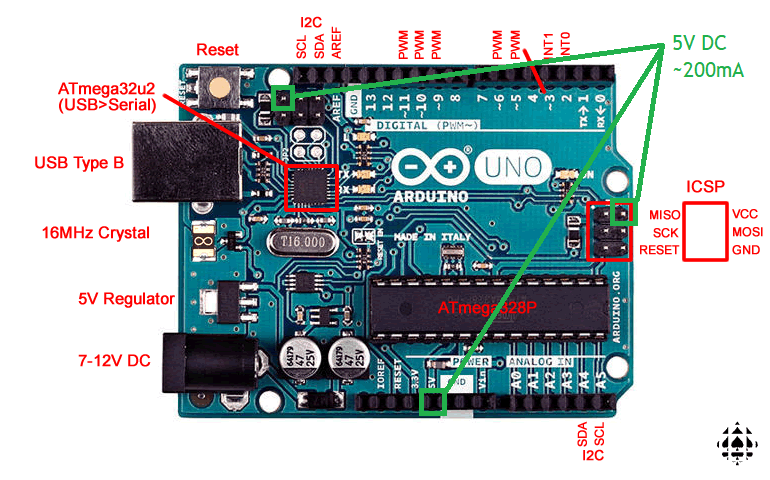
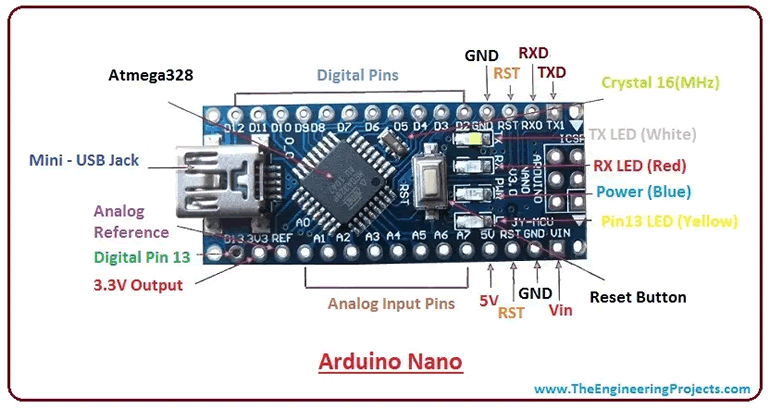
OYO
First BRIEF look at:
Serial Communication (UART):
AVR ISP: Serial Programming of your Arduino
The Serial Monitor and Serial Plotter Tools
Serial Communication (UART):
AVR ISP: Serial Programming of your Arduino
The Serial Monitor and Serial Plotter Tools
UNIT 2. Software Fundamentals: Nano Coding Companion (NCC)
15
Oct 20
Oct 20

OYO
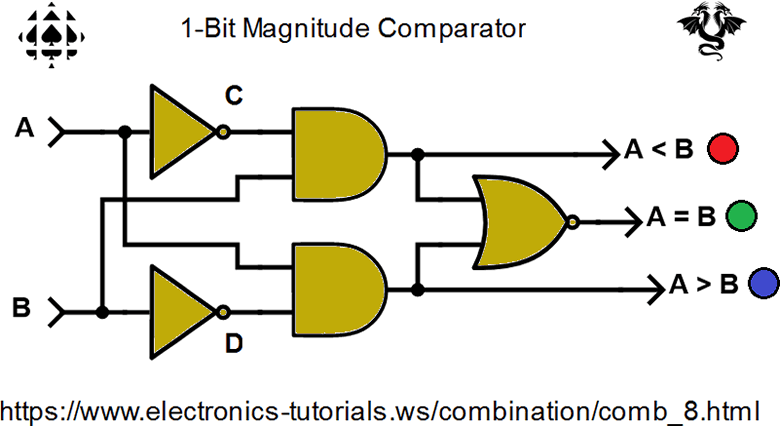
14
Oct 18
Oct 18
Analog to Digital
Conversion
Mr. D's
Recommended Video:
Control Flow:
1. Sequential (default)
2. Iteration (loop)
3. Decision (branch)
4. Modular (functions)
(aka procedures,
methods, subroutines)

Prototyping Options:
 Circuit Construction Options
Circuit Construction Options
 Circuit Board Prototyping
Circuit Board Prototyping
 Perfboard
Perfboard
 UNO ProtoShield
UNO ProtoShield
11
Oct 7
Oct 7

Asynchronous Work Period
***Cycle 3/Day 1 Period Rotation***
1. ICS2O-1, 2.ICS4U, 3. ICS3U, 4. ICS2O-2
GREAT Code: Towards Better Code
***Cycle 3/Day 1 Period Rotation***
1. ICS2O-1, 2.ICS4U, 3. ICS3U, 4. ICS2O-2
GREAT Code: Towards Better Code
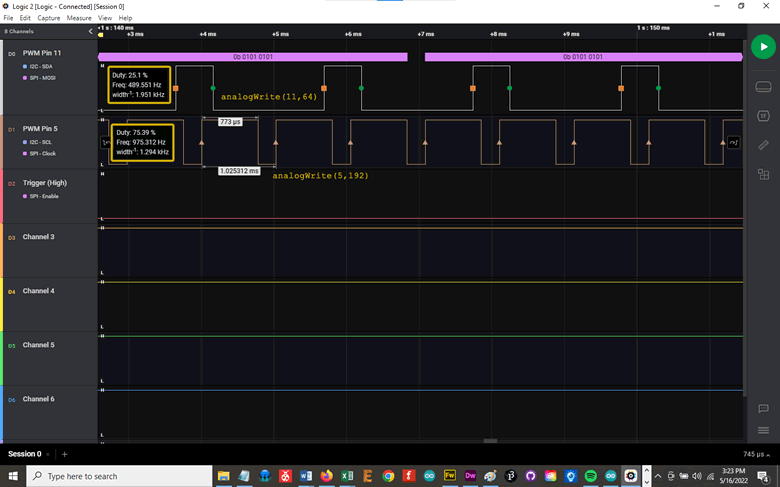
10
Oct 5
Oct 5
Conditional Decision
Structures:
Appendix E.
C Operators and Precedence (p. 140)
 Nano Coding Companion
Nano Coding Companion
7 a. uint16_t 7 b. BinaryCounting
8. AnalogInDigitalOut
C Operators and Precedence (p. 140)
7 a. uint16_t 7 b. BinaryCounting
8. AnalogInDigitalOut
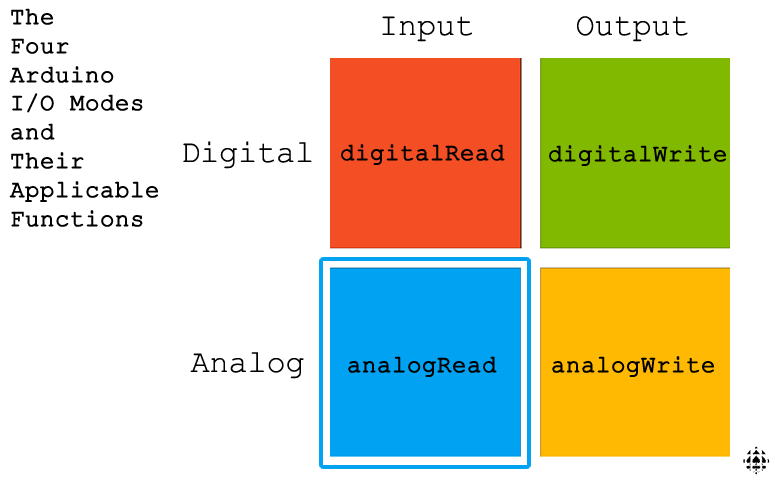
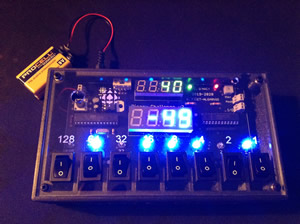
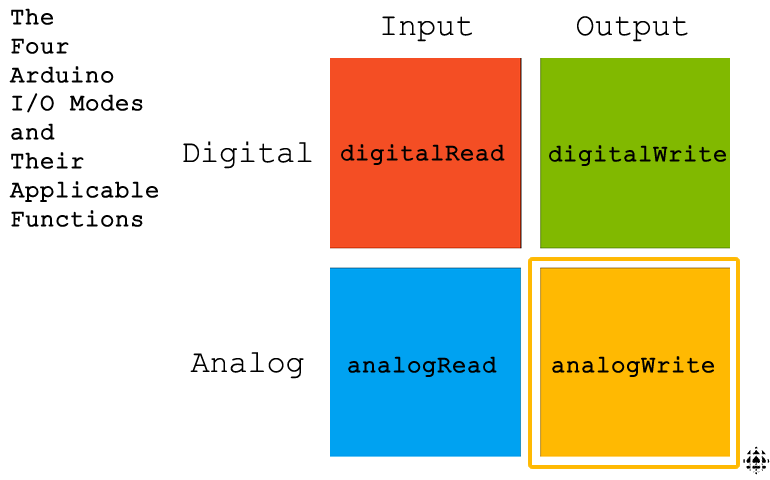

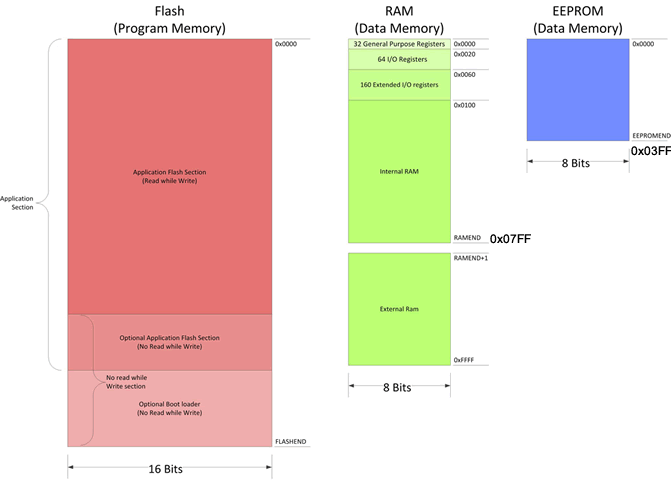
pp. 3, 6, 8

Base Conversions:
Binary⇔Quaternary⇔Octal⇔Hexadecimal
 Nano Coding Companion
Nano Coding Companion
 Integer Constants,
Integer Constants,  Bitwise Operators
Bitwise Operators
Binary⇔Quaternary⇔Octal⇔Hexadecimal
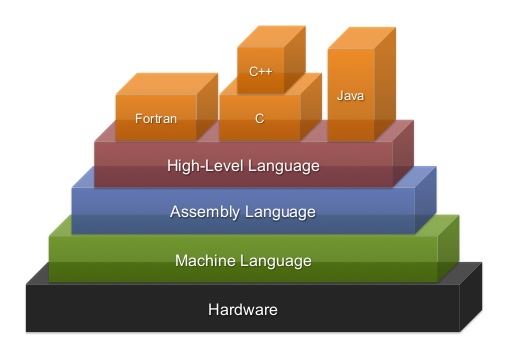

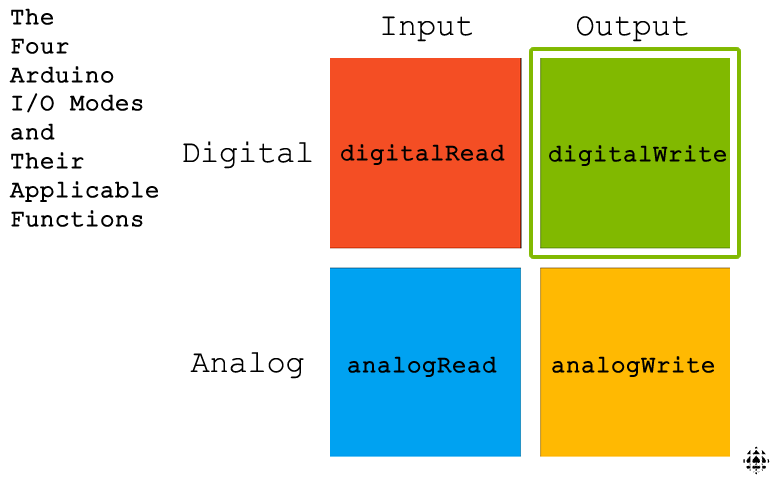
5
Sep 20
Sep 20
The #1 Soft Skill ?
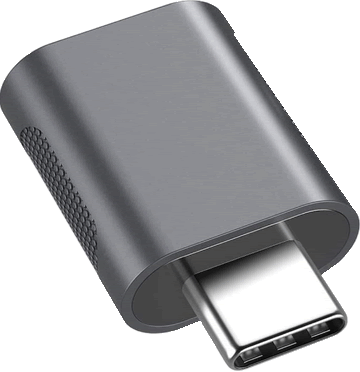
Feedback: The 555 Time Machine
Review: Formatting SI Units
Confirm before Distributing:
Nonda USB-C to USB 3.0 Adapter
UNO/Nano Basics: ATmega328P
Breakouts, Blink, Bootloaders, Breadboards
Review: Formatting SI Units
Confirm before Distributing:
Nonda USB-C to USB 3.0 Adapter
UNO/Nano Basics: ATmega328P
Breakouts, Blink, Bootloaders, Breadboards
Behind the curtain...
AVR-libc 2.1.0
Standard Integer Types
Writing GREAT Code:
Towards Better Code
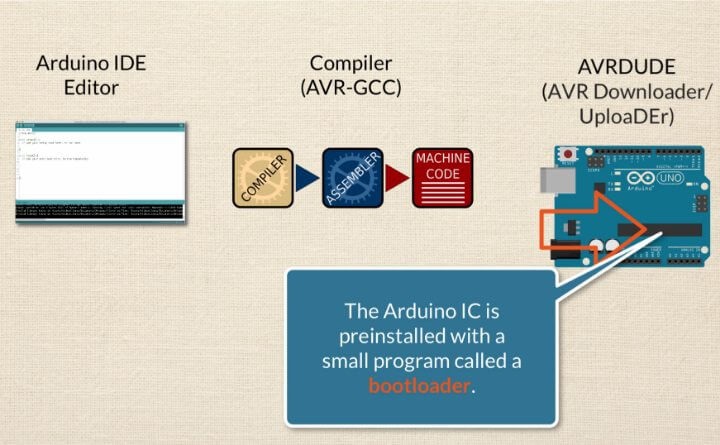
UNIT 1. The 555 Time Machine
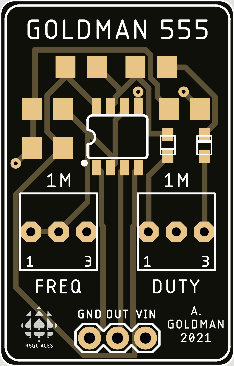
WA, BB*, JC*, LD, GD*,
DF*, VJ*, SL, JMac,
LMc*,JMi, ARC, RS,
JS*, AS**, CT*, BW
3
Sep 14
Sep 14
The Driver of Success?
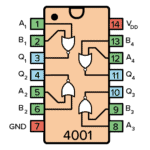

2
Sep 12
Sep 12
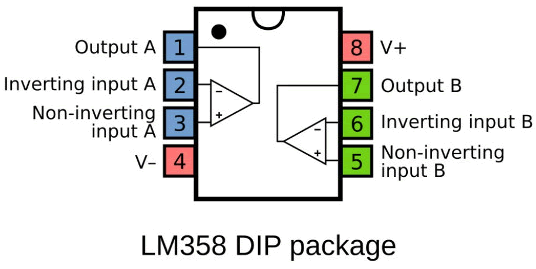
(Dual) OpAmp
Op Amp as Comparator
(Open-Loop Design)
(At least the first 7 min; ideally more)
( Check out his T-shirt! :)
ACES' Frame Player: Op Amps
Top 10 Op Amp Circuits
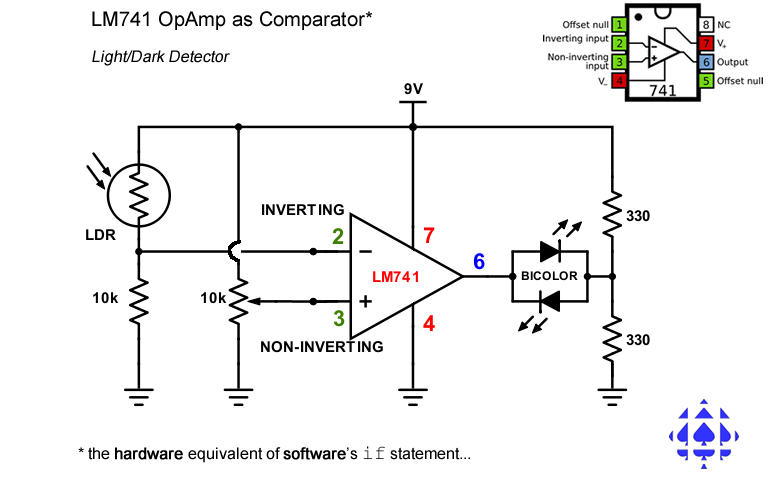
556 (DUAL!) Timer IC:
1b
Sep 8
Sep 8
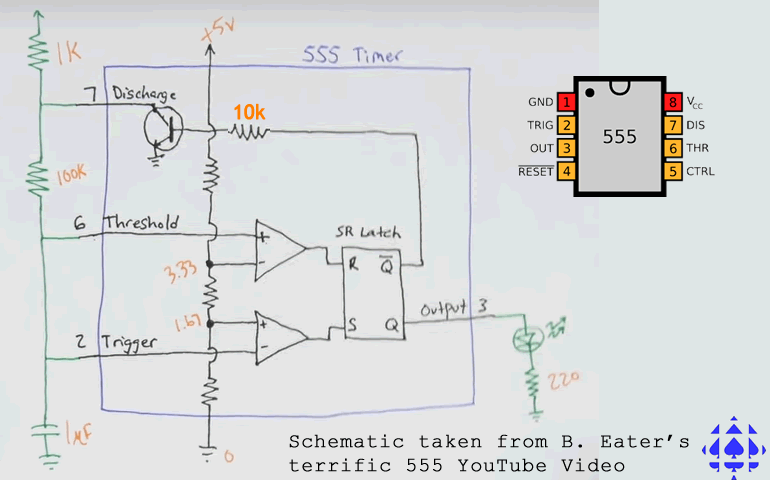
Falstad Simulations:
555 Square Wave
555 with Internals
(Use with your SPAP Cable)
Software Download
Recall the 4017...
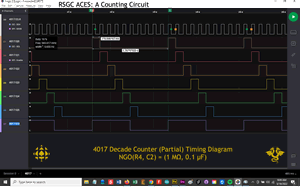
Now, the 555...
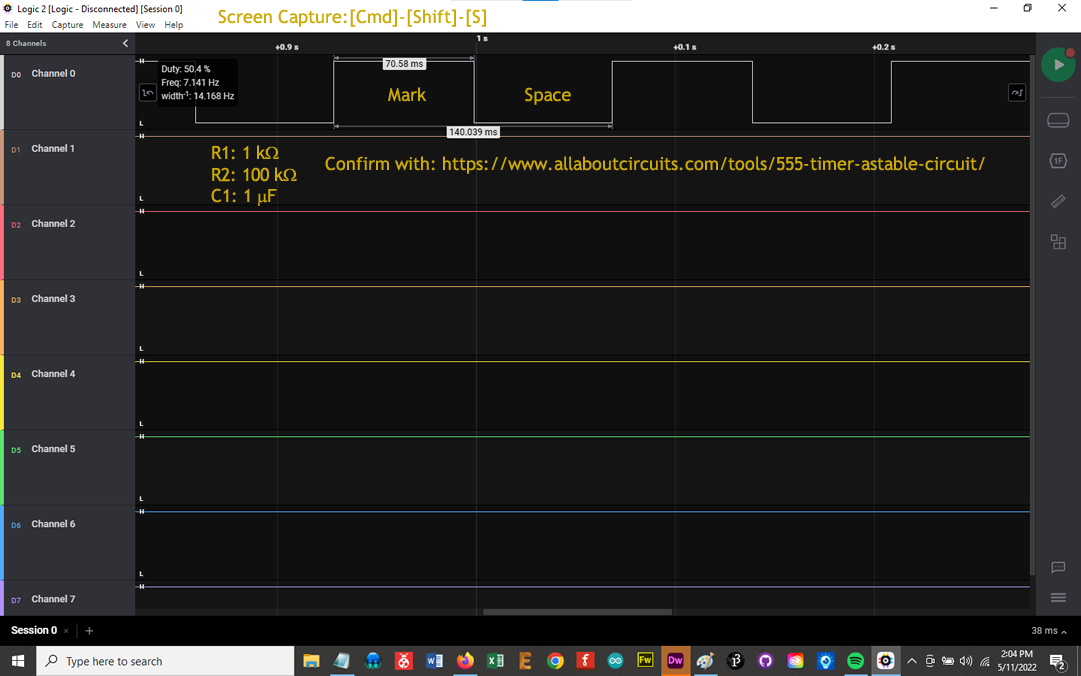
1a
Sep 8
Sep 8





